Introduction to Chess Against Computers
Chess, one of the oldest and most complex board games, has long been a measure of human intellectual capacity and strategic skill. However, the modern era has seen a significant shift with the rise of computers capable of playing chess at levels surpassing even the best human grandsmasters. The journey from the earliest computer chess programs to the current AI-powered systems provides a fascinating insight into technological progress and its impact on this classic game.
The Evolution of Computer Chess
The Early Years
The first programmable chess computer was developed as early as 1951 by British information theorist and cryptanalyst Alan Turing, although it was never actually built. Turing's ideas laid the groundwork for future developments. In 1956, MANIAC I, developed at the Los Alamos Scientific Laboratory, was one of the first computers to play a full game of chess against a human. These early machines relied heavily on simple tactics and could be easily outmaneuvered by skilled players.
The Rise of Chess Engines
By the late 20th century, leaps in computing power and more sophisticated algorithms led to the development of stronger chess engines. The iconic moment came in 1997 when IBM's Deep Blue defeated reigning world champion Garry Kasparov, marking the first time a computer had beaten a world champion in a match under standard chess tournament conditions. This victory showcased the immense potential of artificial intelligence in handling complex tasks and marked a significant milestone in the history of computer chess.
Modern Computer Chess: Adaptive and Unpredictable
Today's most advanced chess engines, such as Stockfish and Google's AlphaZero, use powerful algorithms capable of evaluating millions of positions per second. Unlike earlier systems that relied heavily on predefined opening books and classic endgame tables, these modern engines utilize techniques from machine learning, particularly neural networks, to improve their play through self-learning. AlphaZero’s approach, for instance, involves playing against itself multiple times and learning from the outcomes, allowing it to develop incredibly innovative strategies that can be unconventional yet effective.
The Human vs. Machine Dichotomy
The paradigm of human chess players competing against computers has significantly shifted. Early matches were seen as a test of human intellect versus machine processing power. Today, the focus has transitioned towards understanding how AI develops its strategies and the implications thereof for our understanding of artificial intelligence. Many grandmasters and enthusiasts use chess engines as a tool for training and analysis, altering how players of all levels improve their game.
Effects on Chess Tactics and Training
The capability of computers to play chess has transformed how players train and prepare for matches. With access to databases of millions of recorded historical games and the ability to simulate games against opponents who play optimally, players can refine their tactics and strategies more effectively than ever before. This technology has also democratized learning, allowing players from anywhere in the world to access high-level analysis and training tools that were once reserved for the elite.
Cognitive Insights from Chess AI
The research into AI chess is not just reshaping the game but also offering insights into human cognitive processes. By studying how algorithms tackle the problem of chess, researchers can draw parallels to human decision-making strategies. This crossover has implications for areas ranging from cognitive science to complex problem-solving in various domains.
Concluding Thoughts
The integration of advanced computing technologies into the realm of chess presents both challenges and opportunities. While there is some concern about the diminished role of human intuition in the face of AI’s calculative power, there is also immense potential for these tools to enhance human capabilities by uncovering new knowledge and strategies. As artificial intelligence continues to evolve, its application in chess remains a fascinating reflection of broader societal shifts toward increasingly sophisticated technological interactions.
Explore our large collection of luxurious chess sets!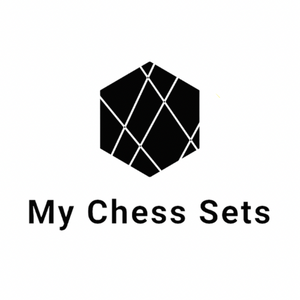
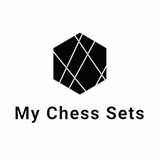
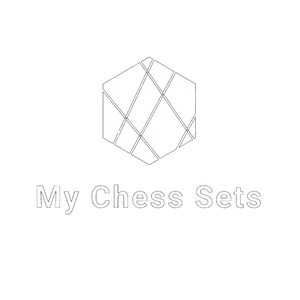

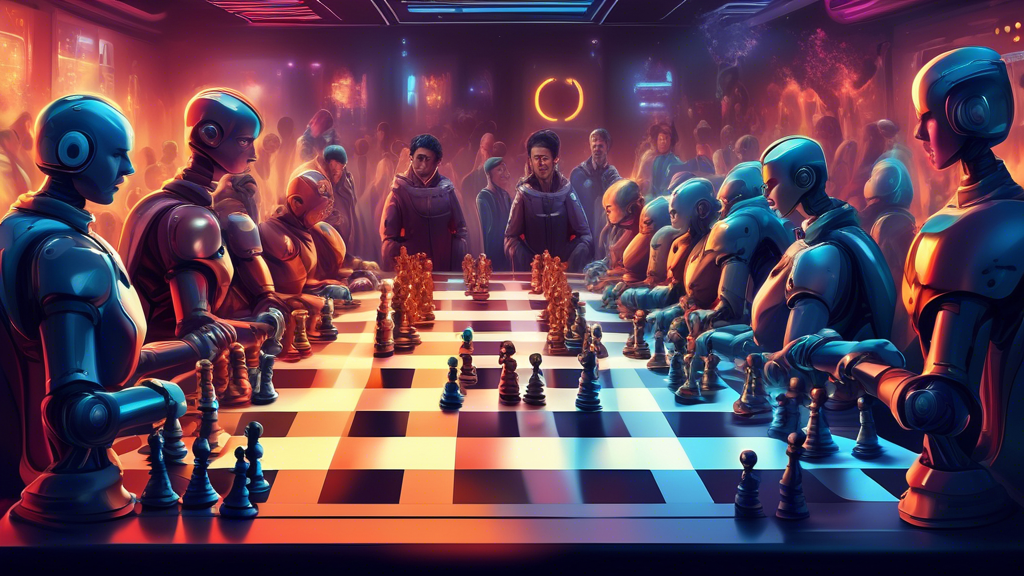
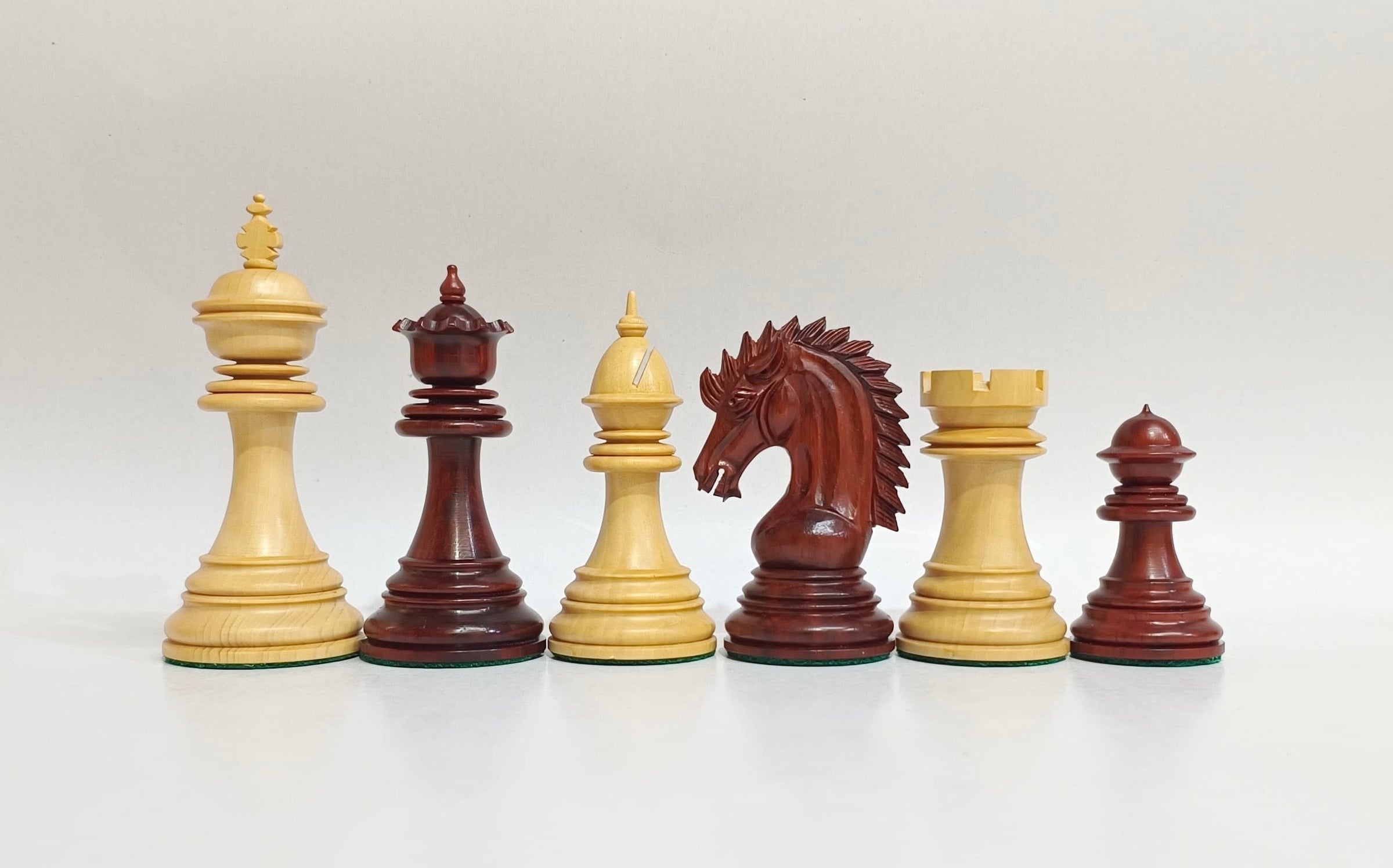
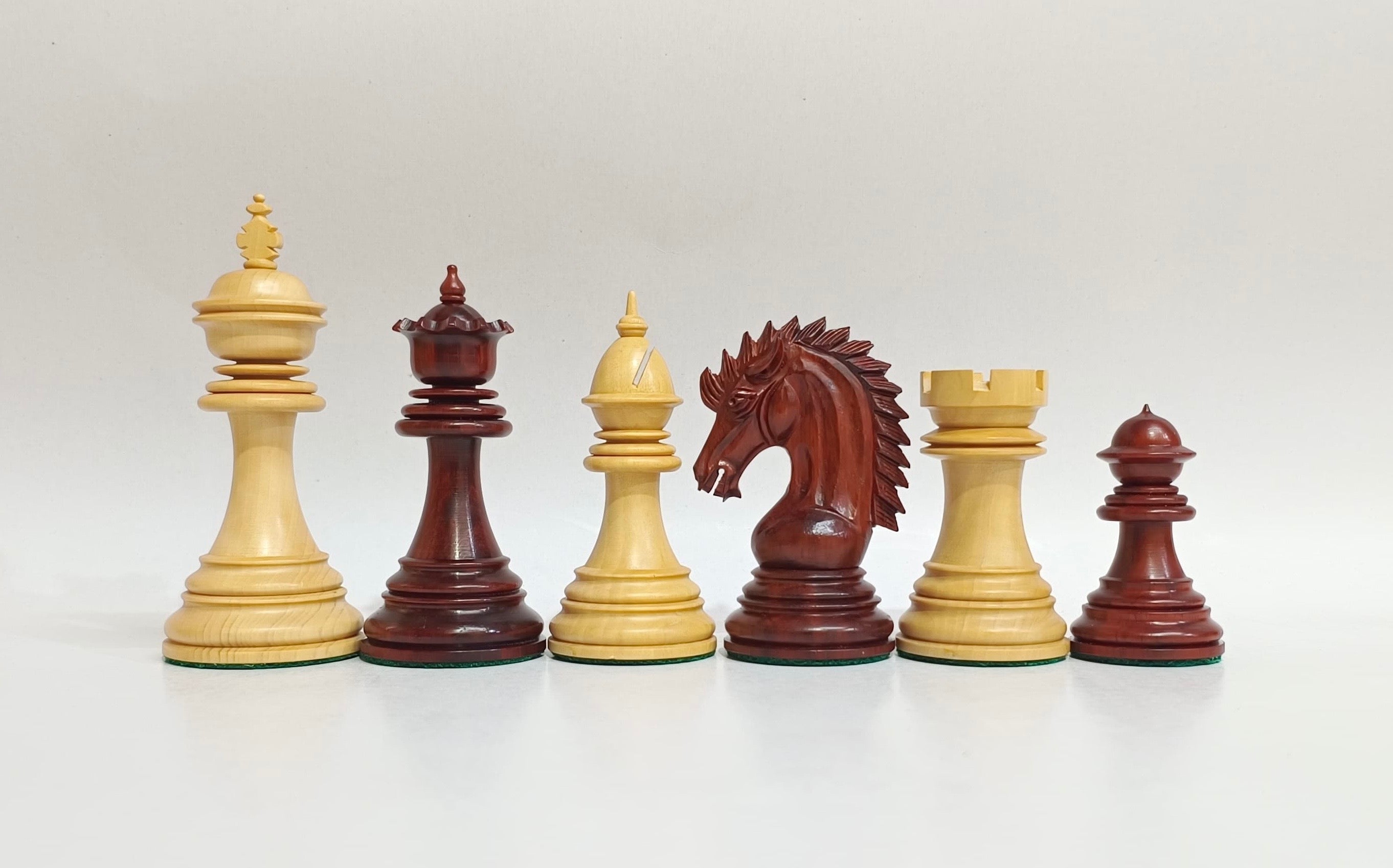
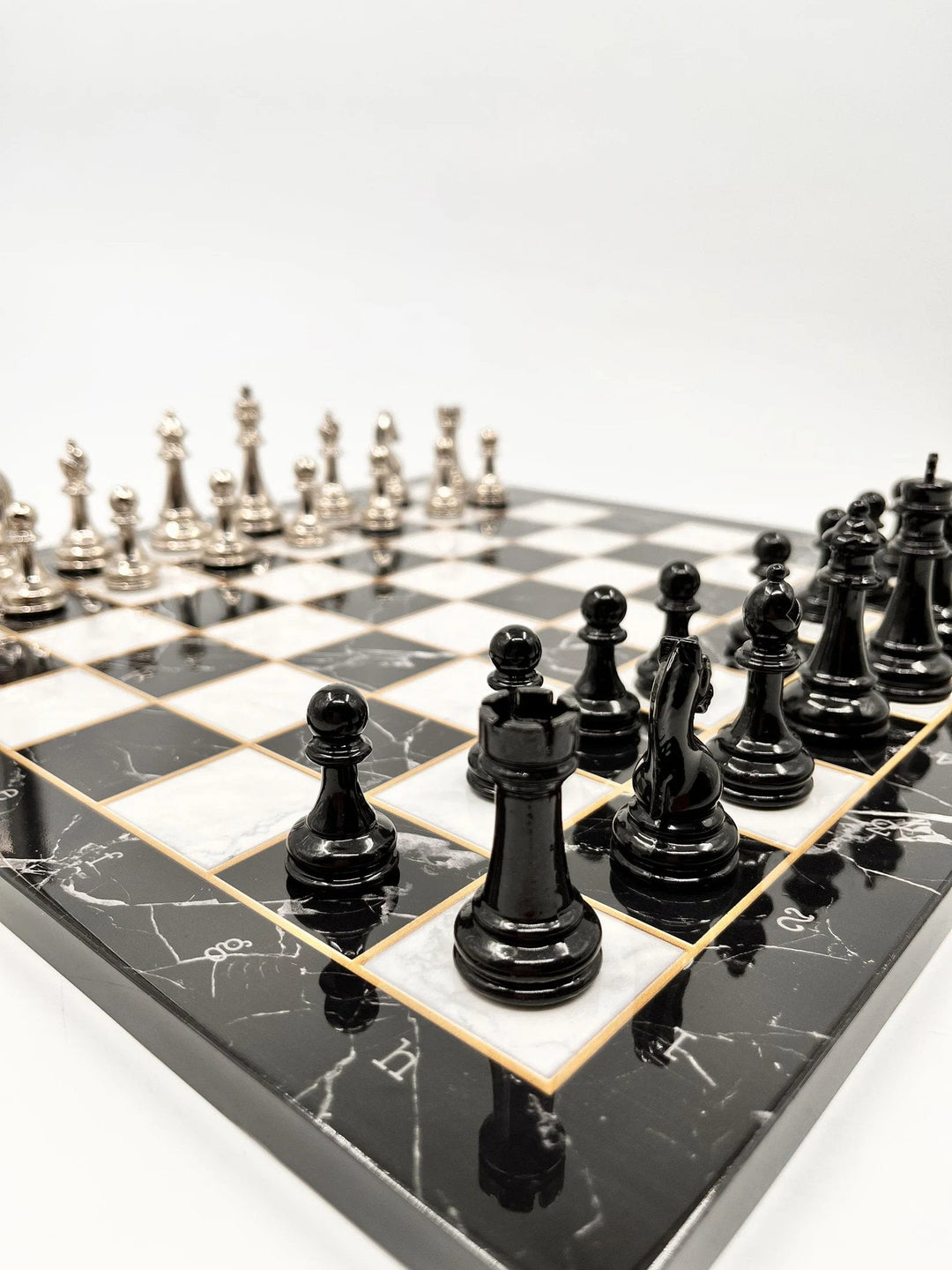

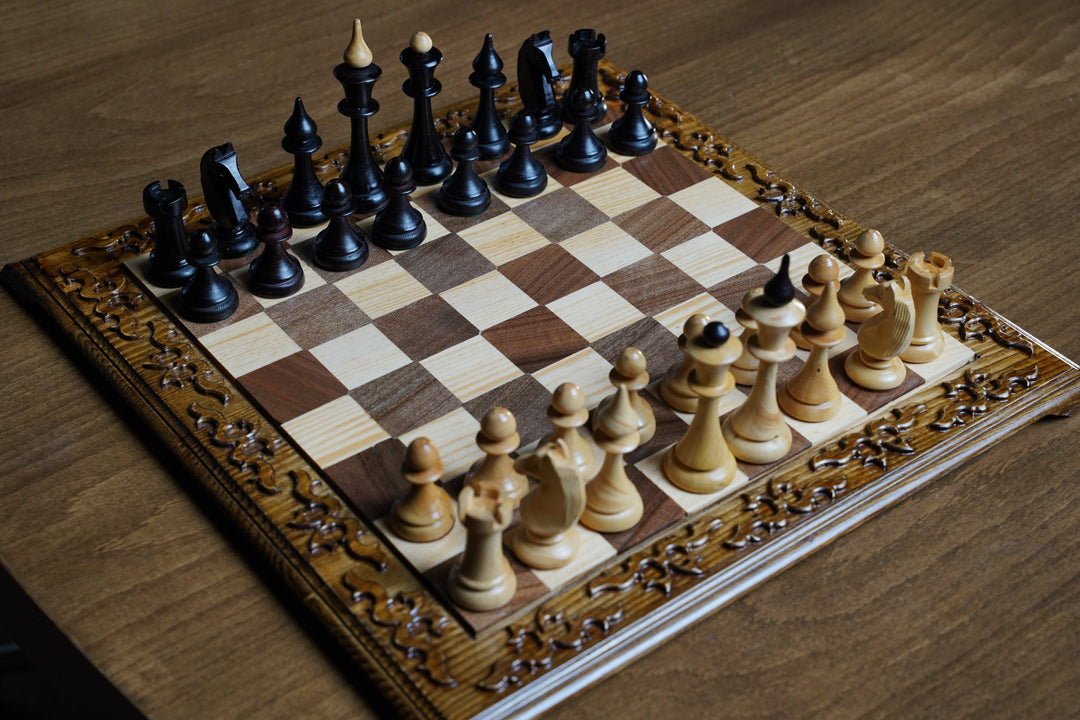
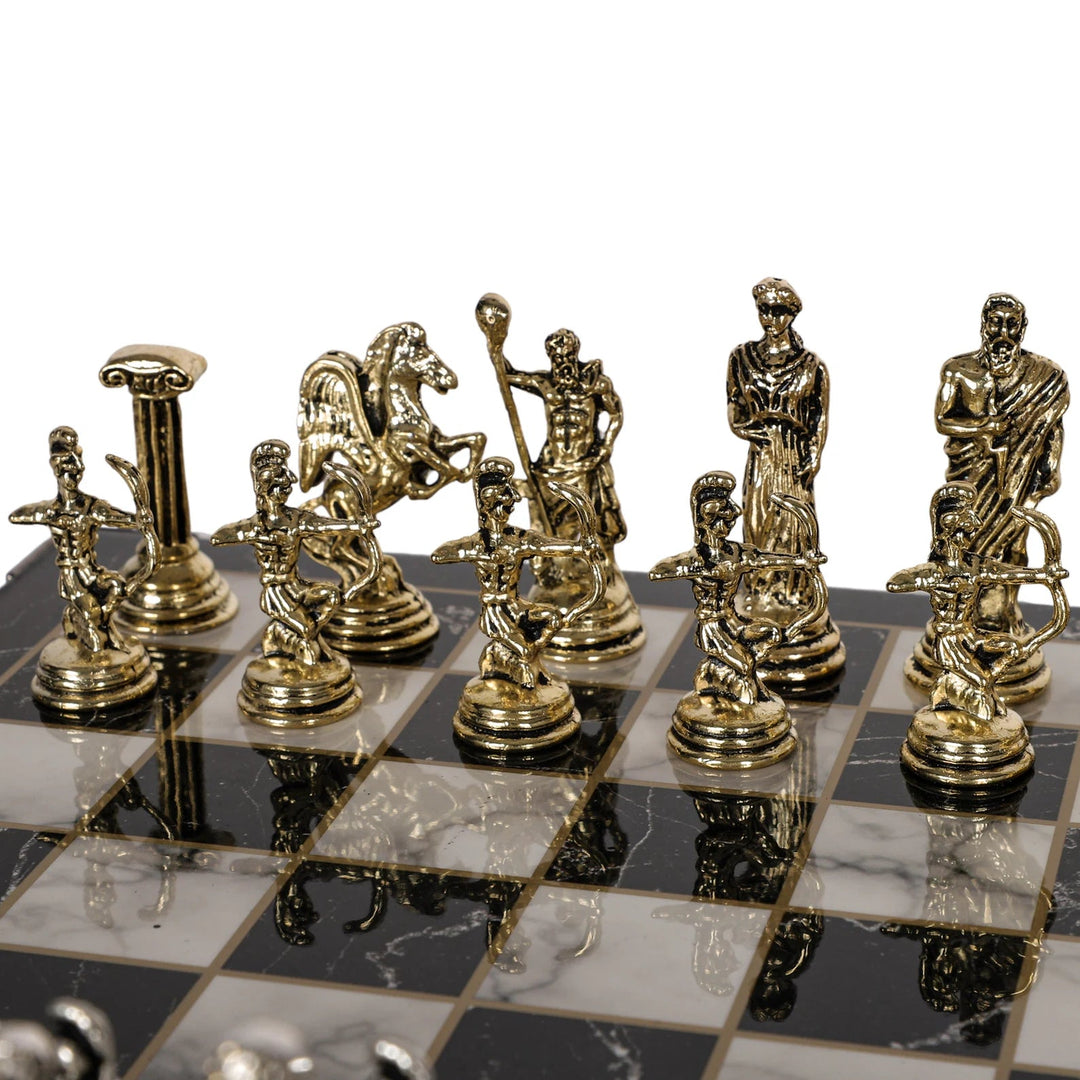
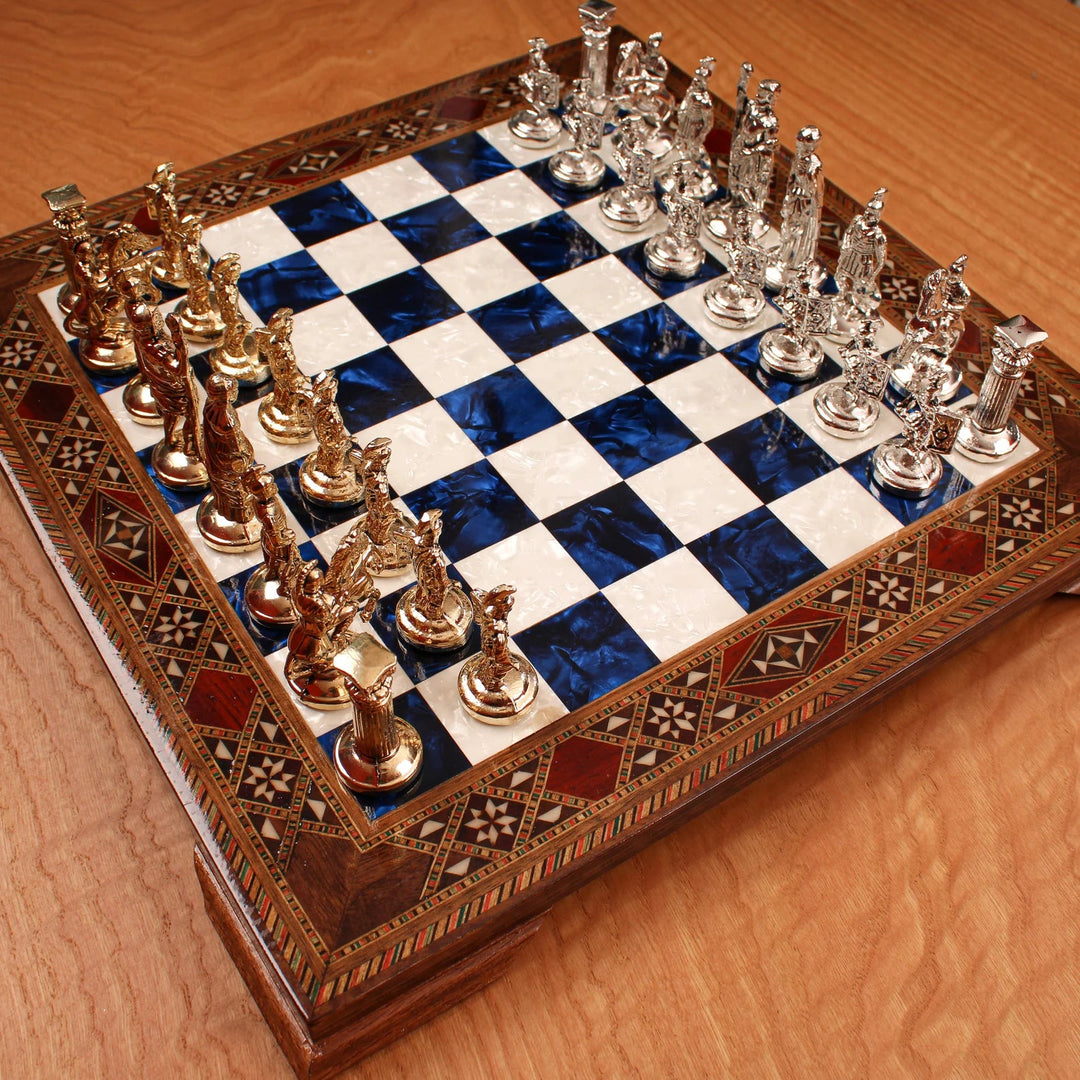
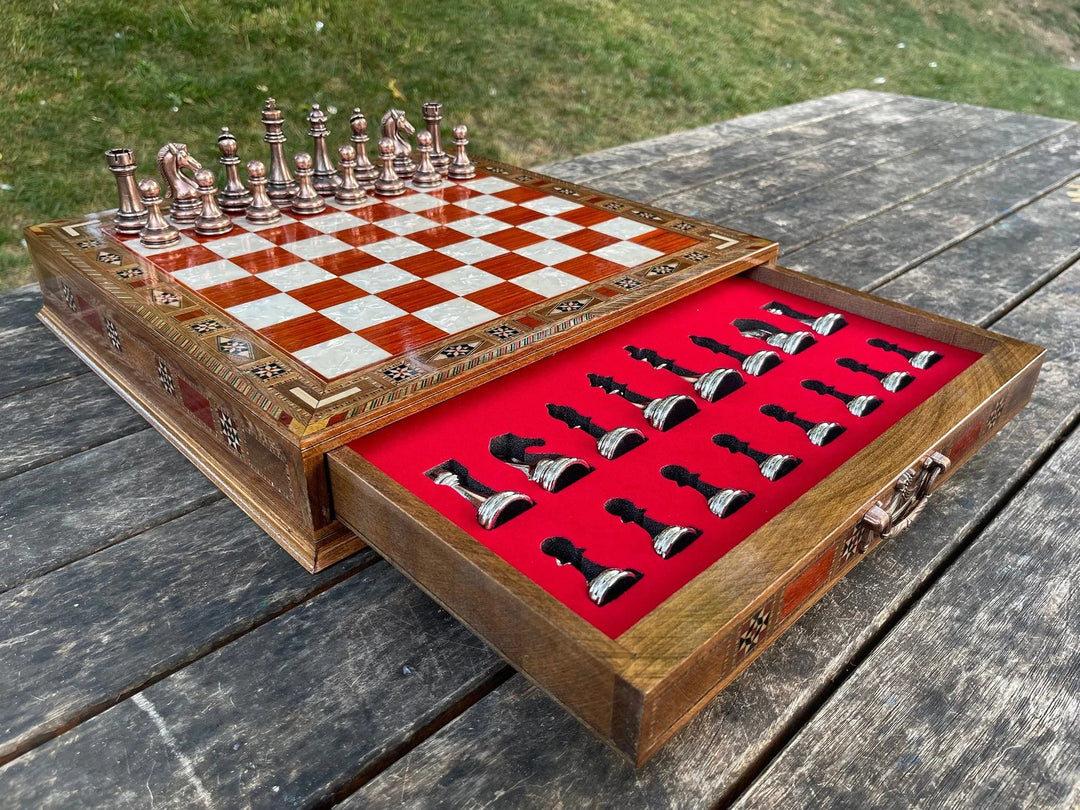
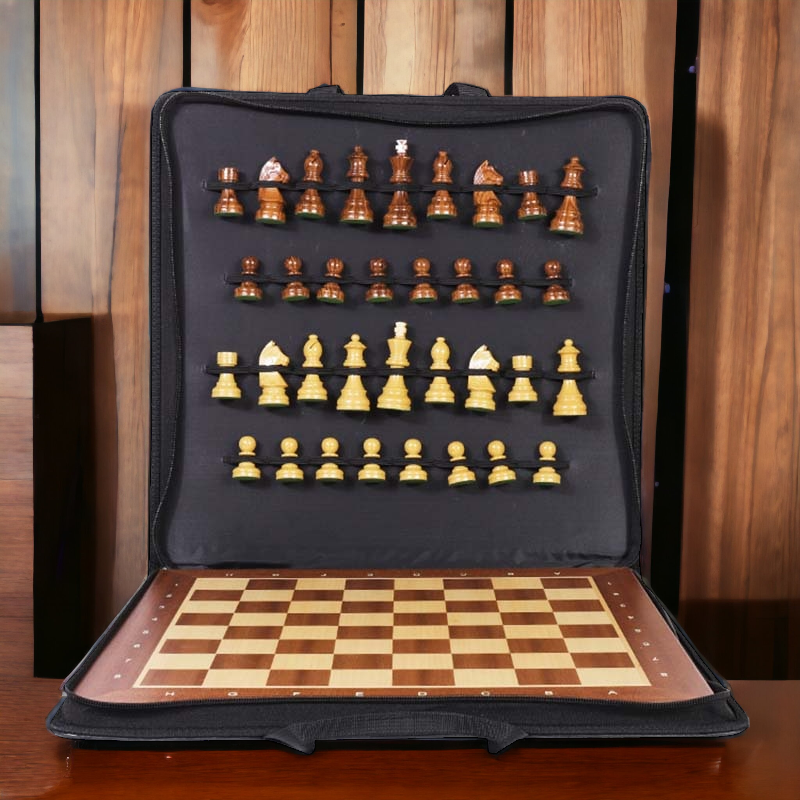

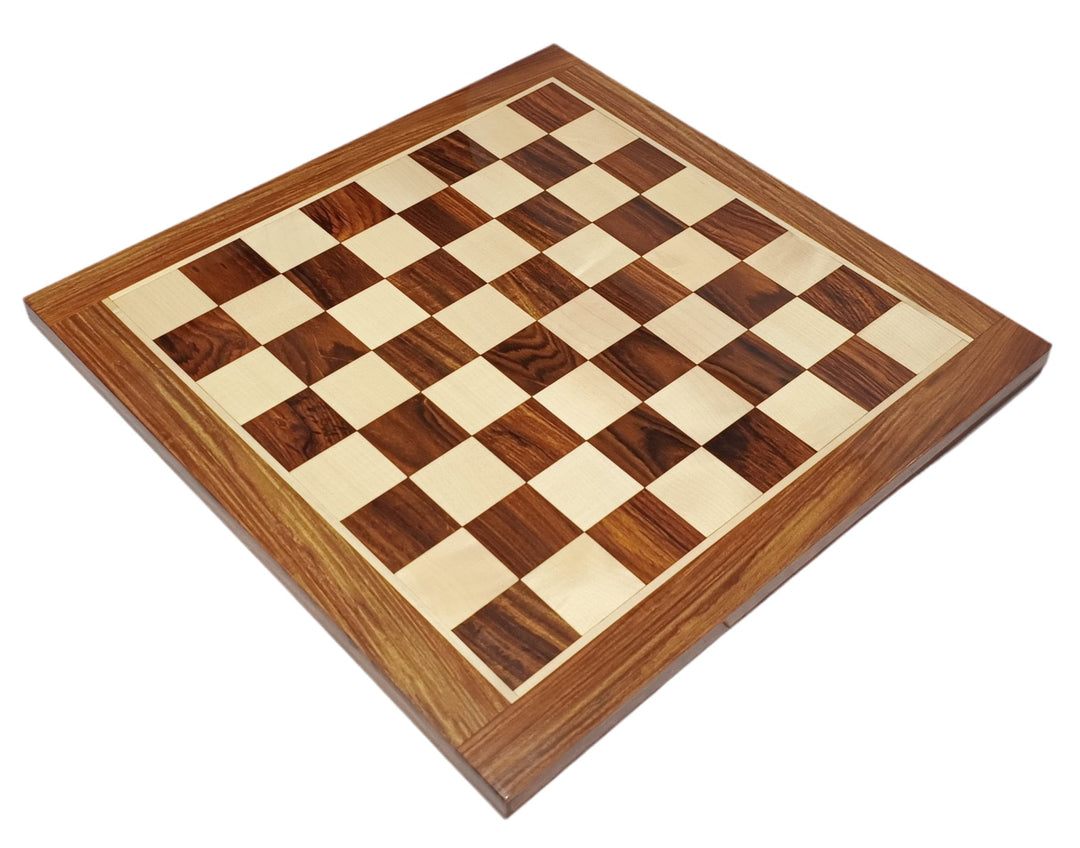

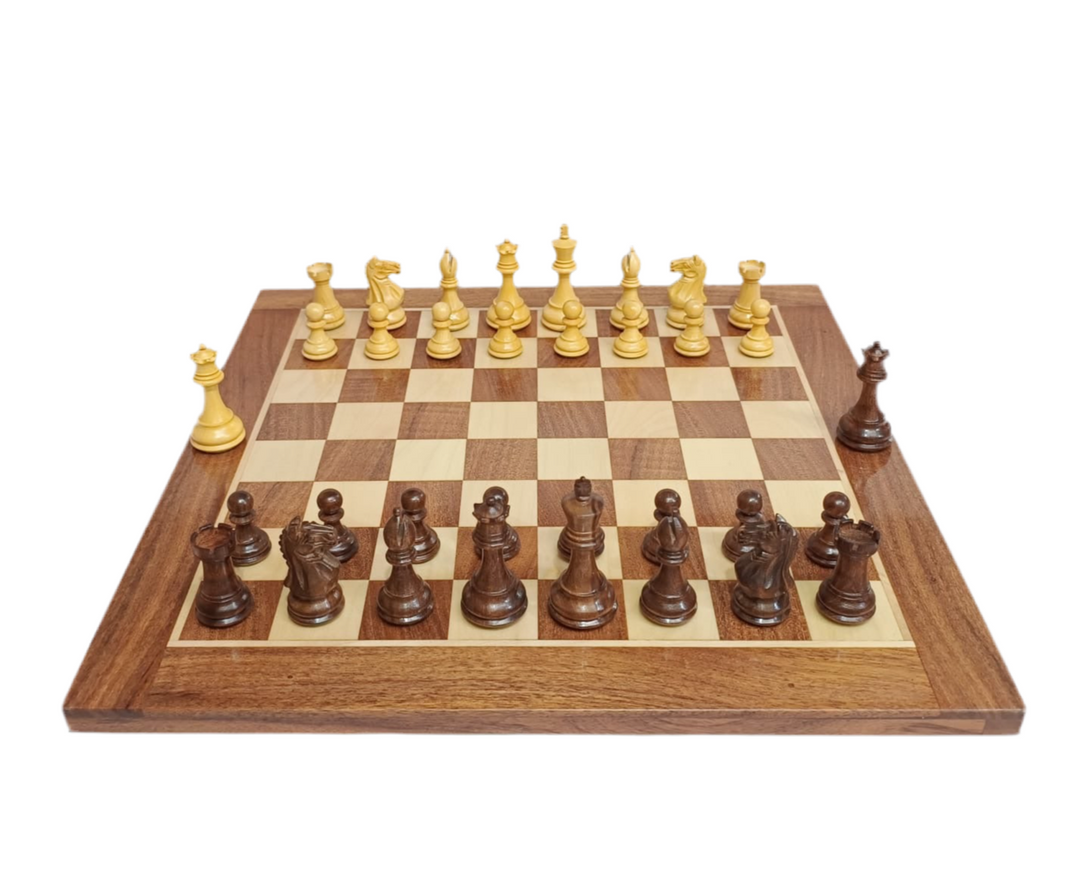
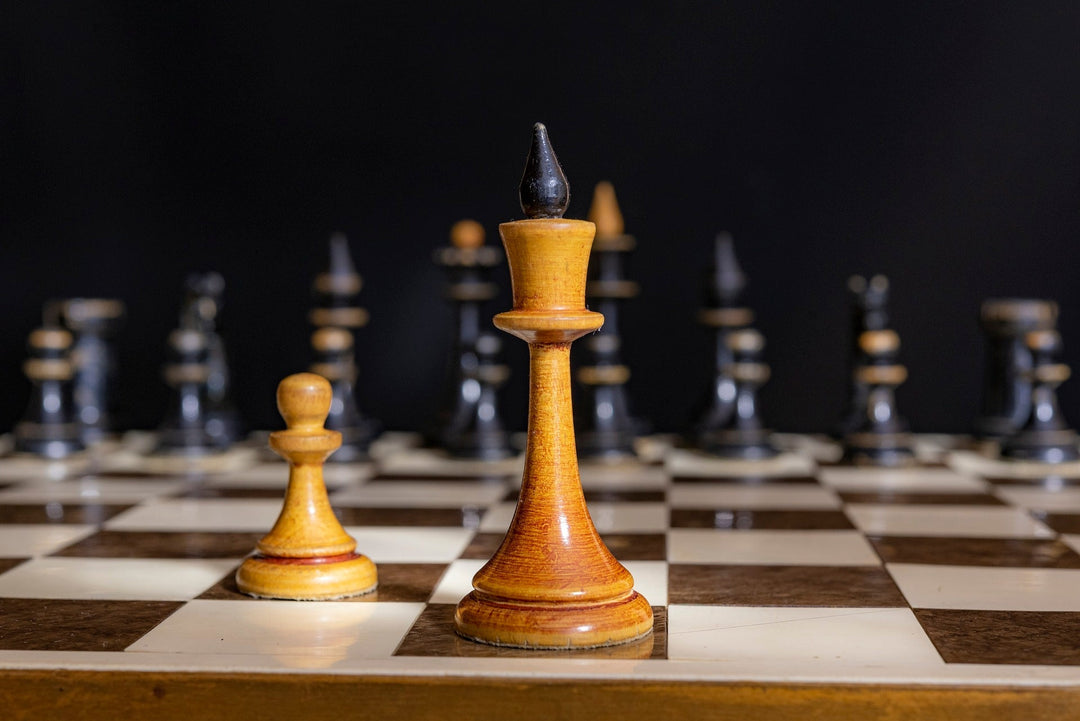
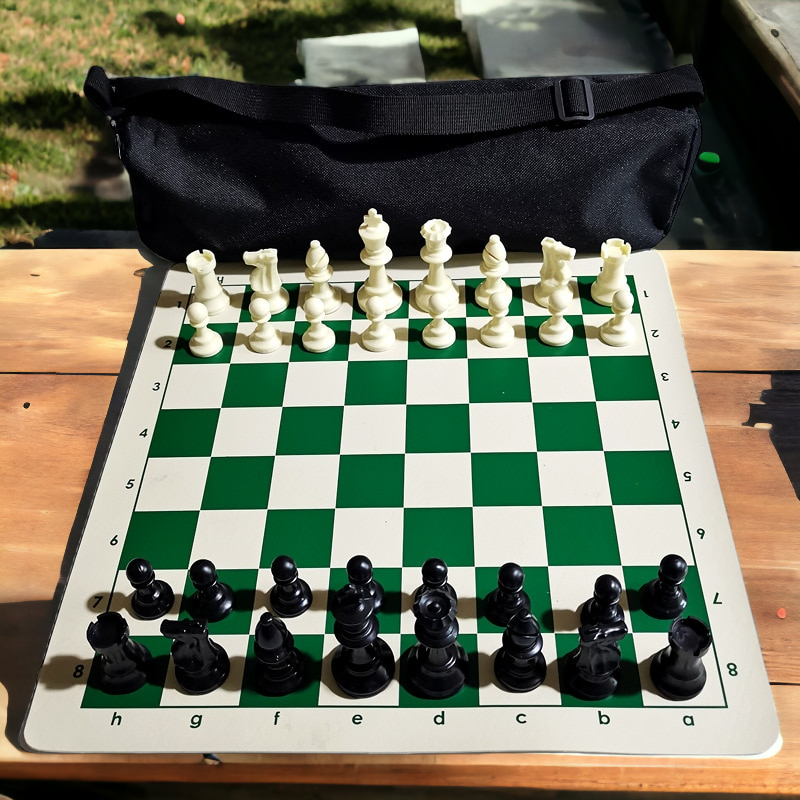
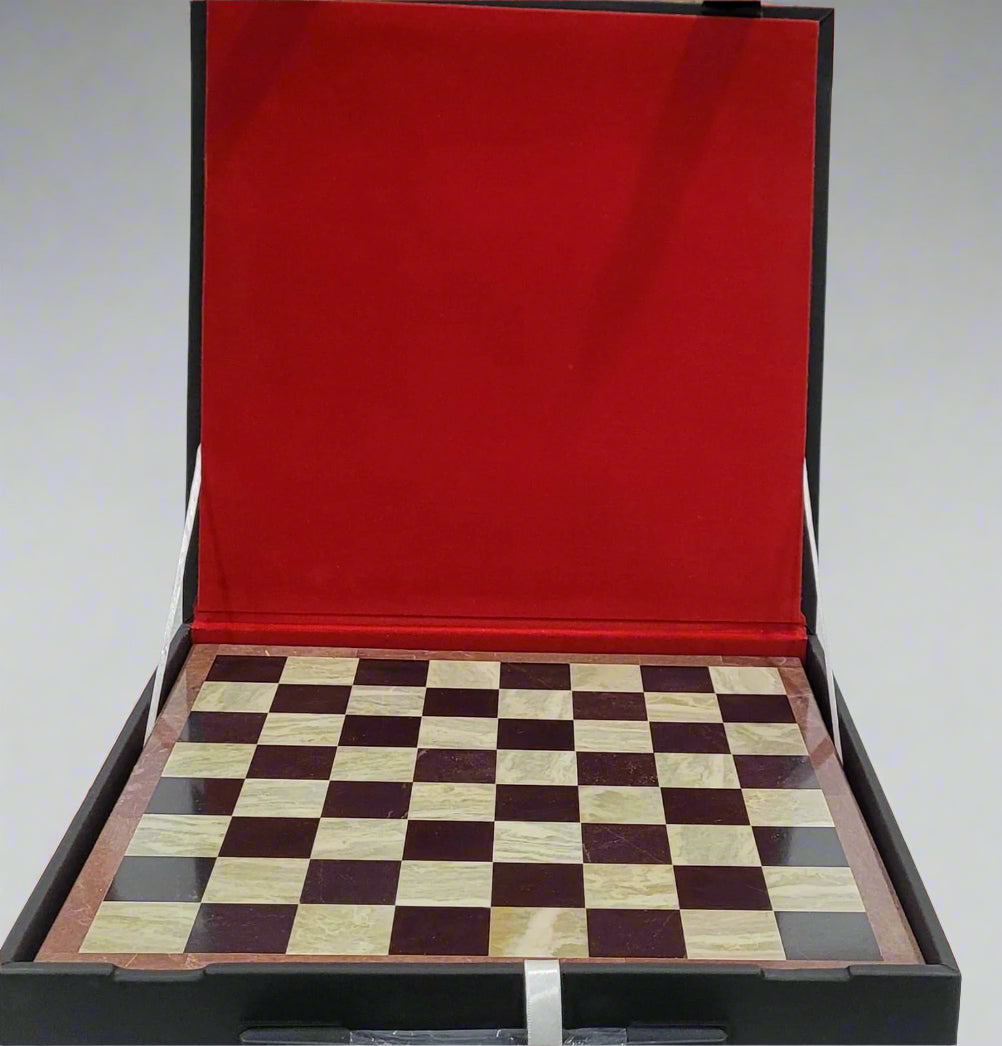
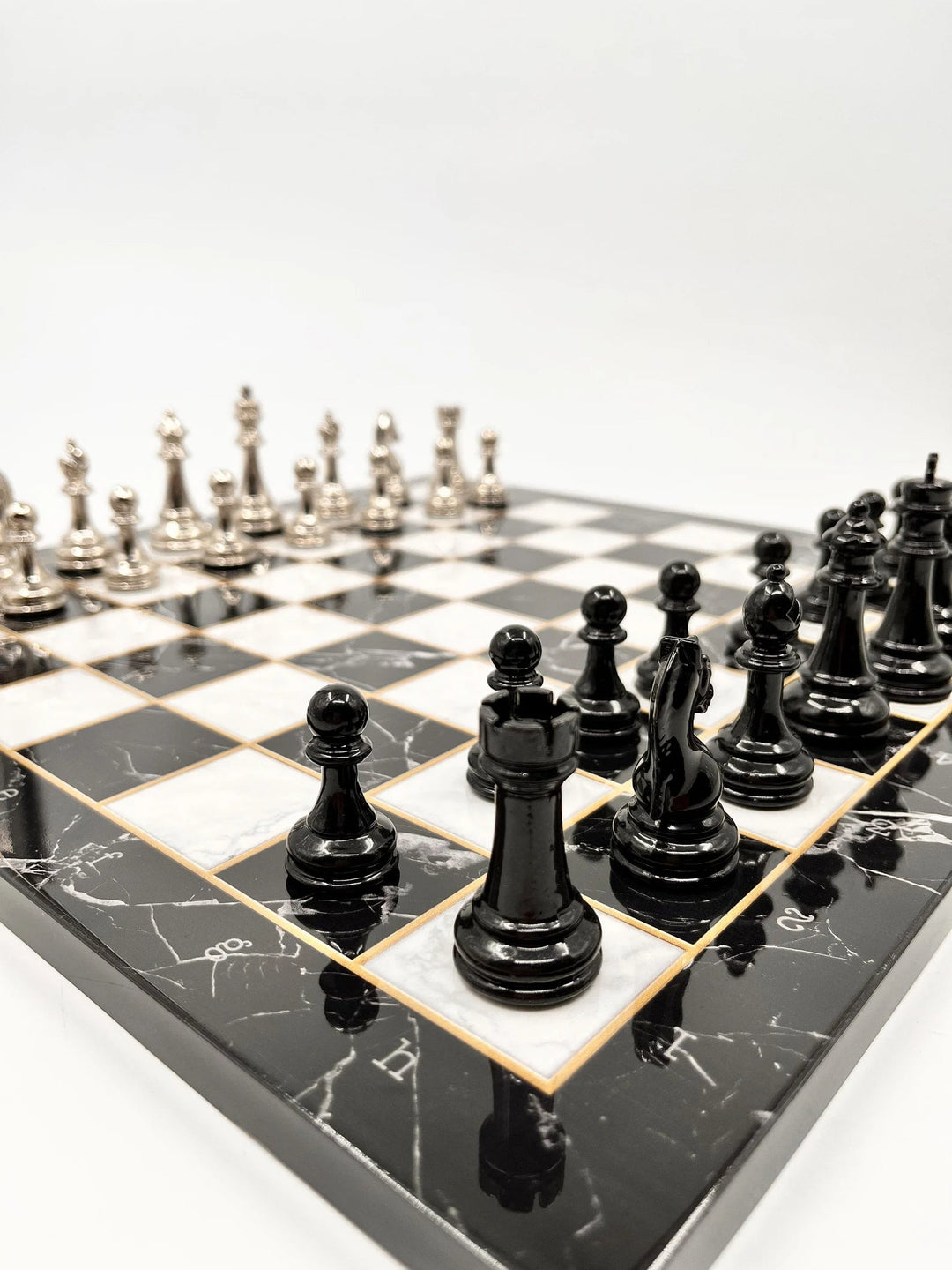
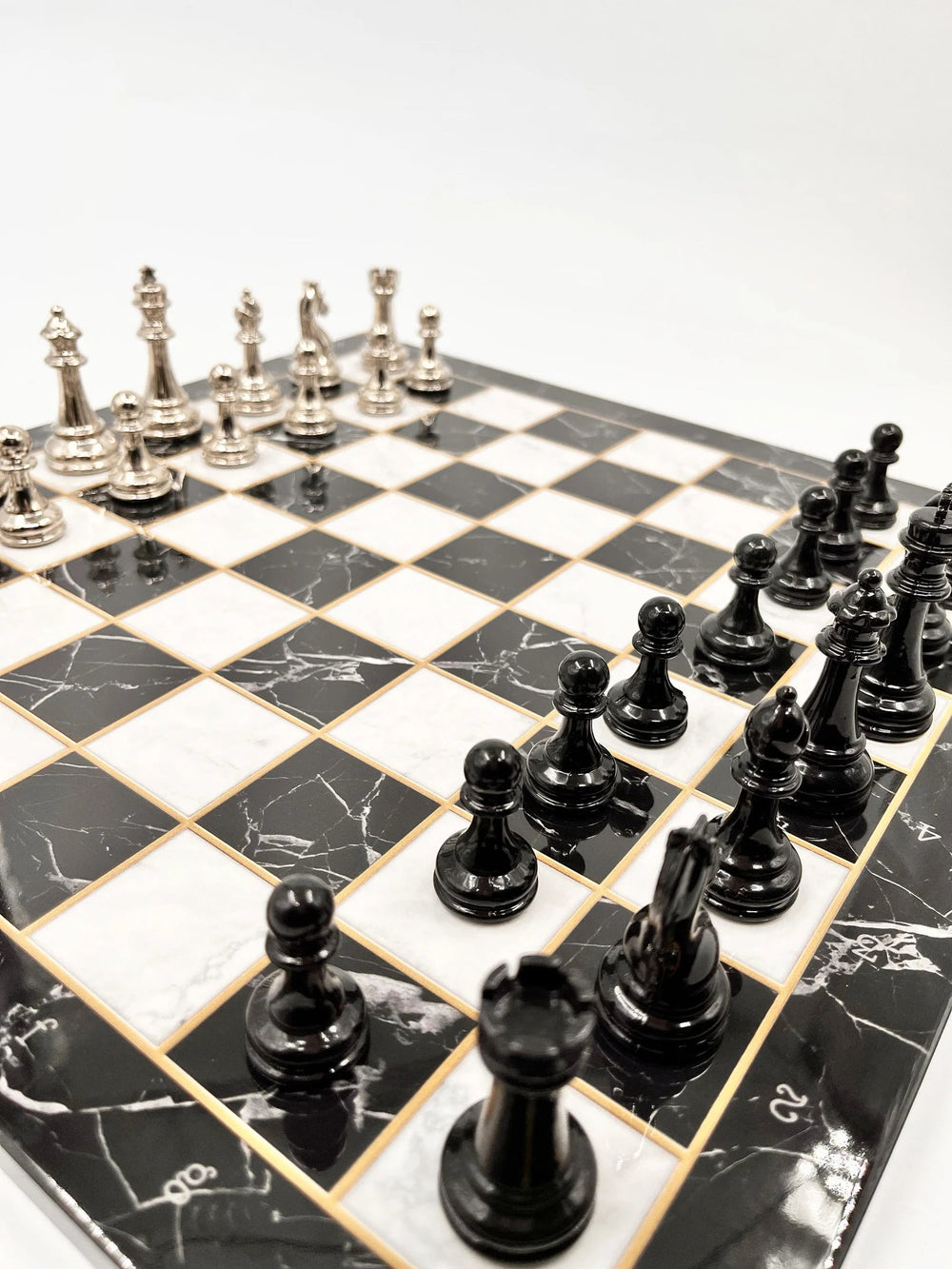
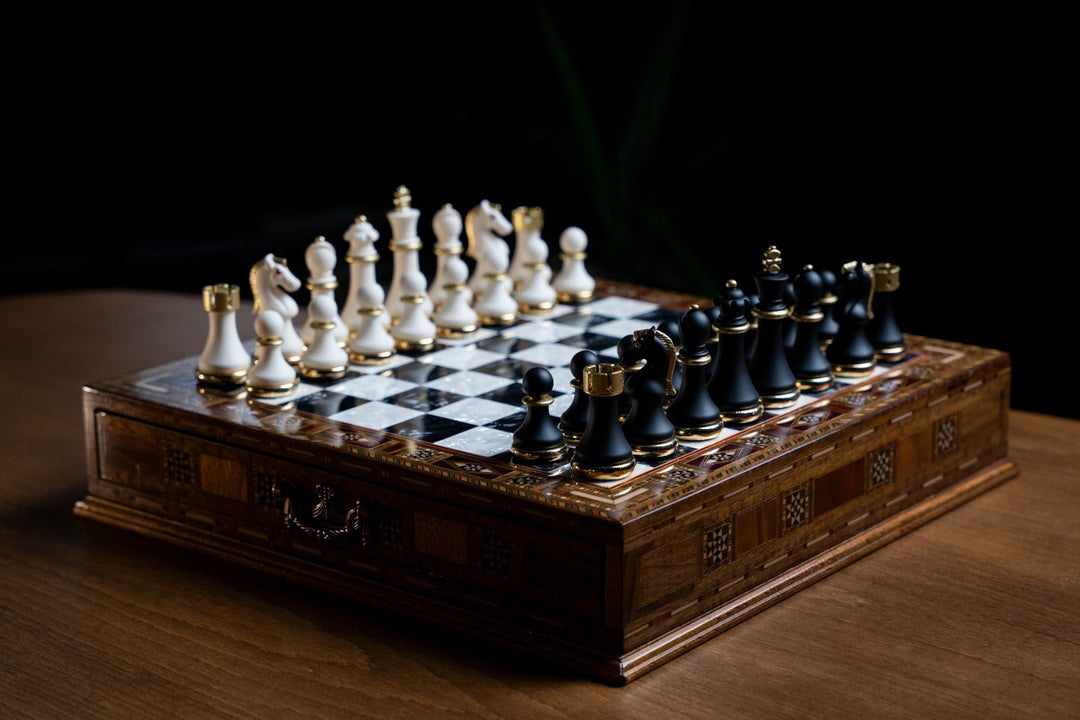
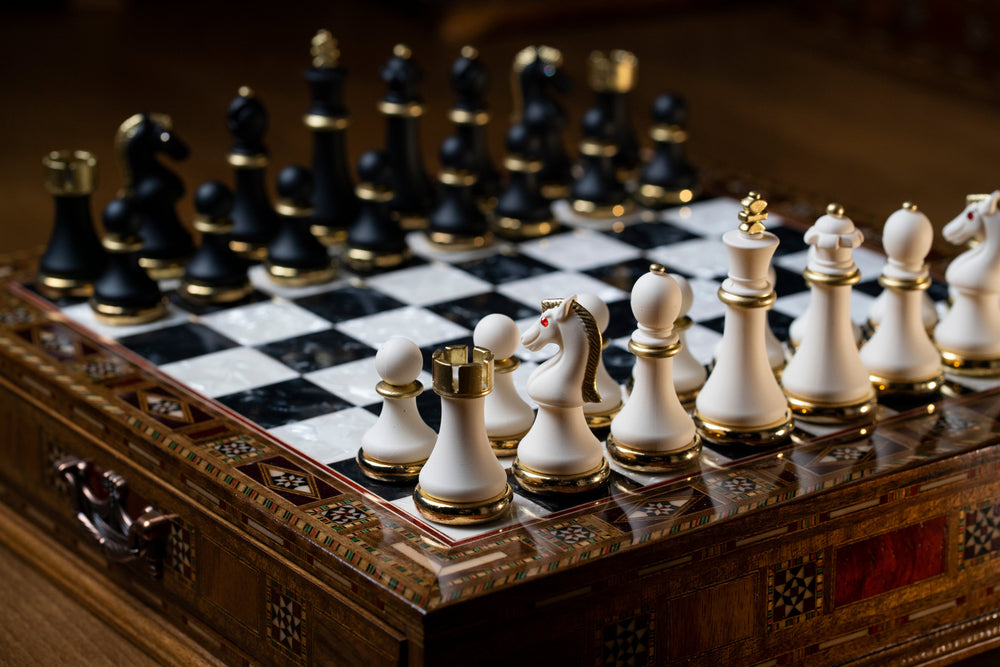
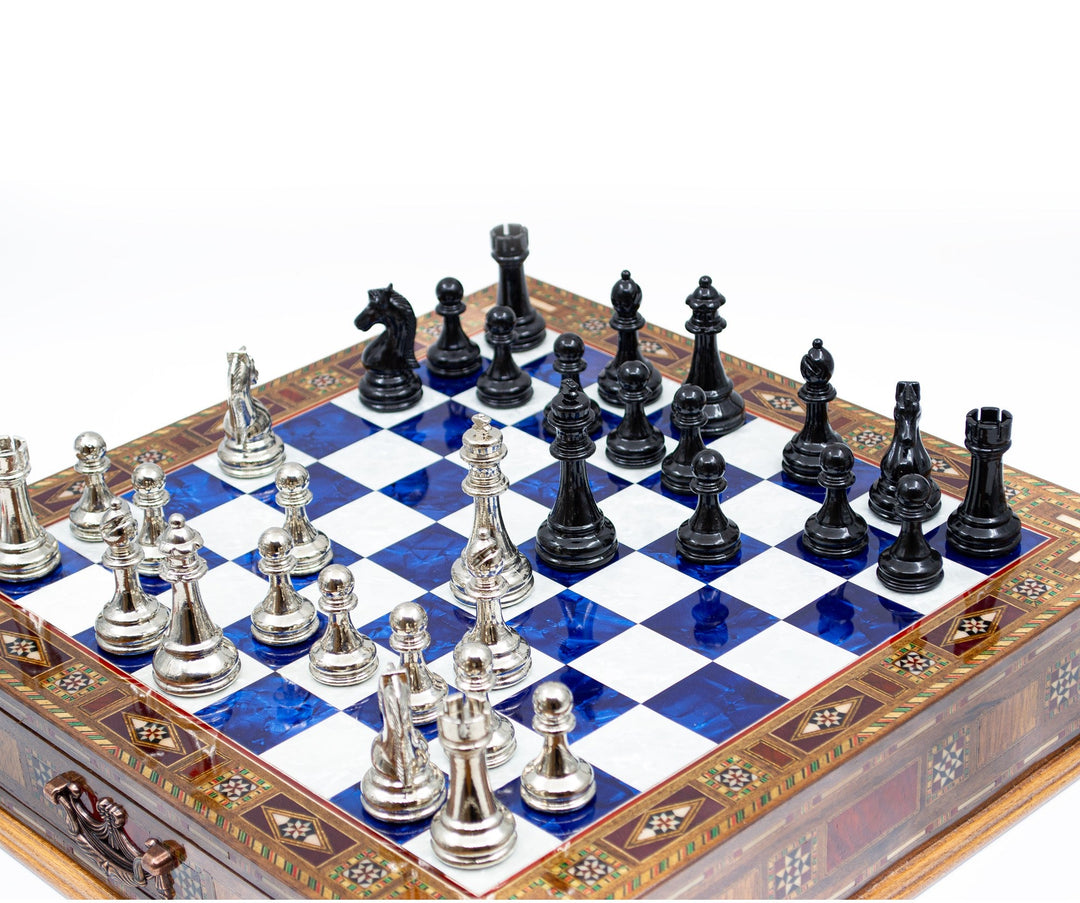
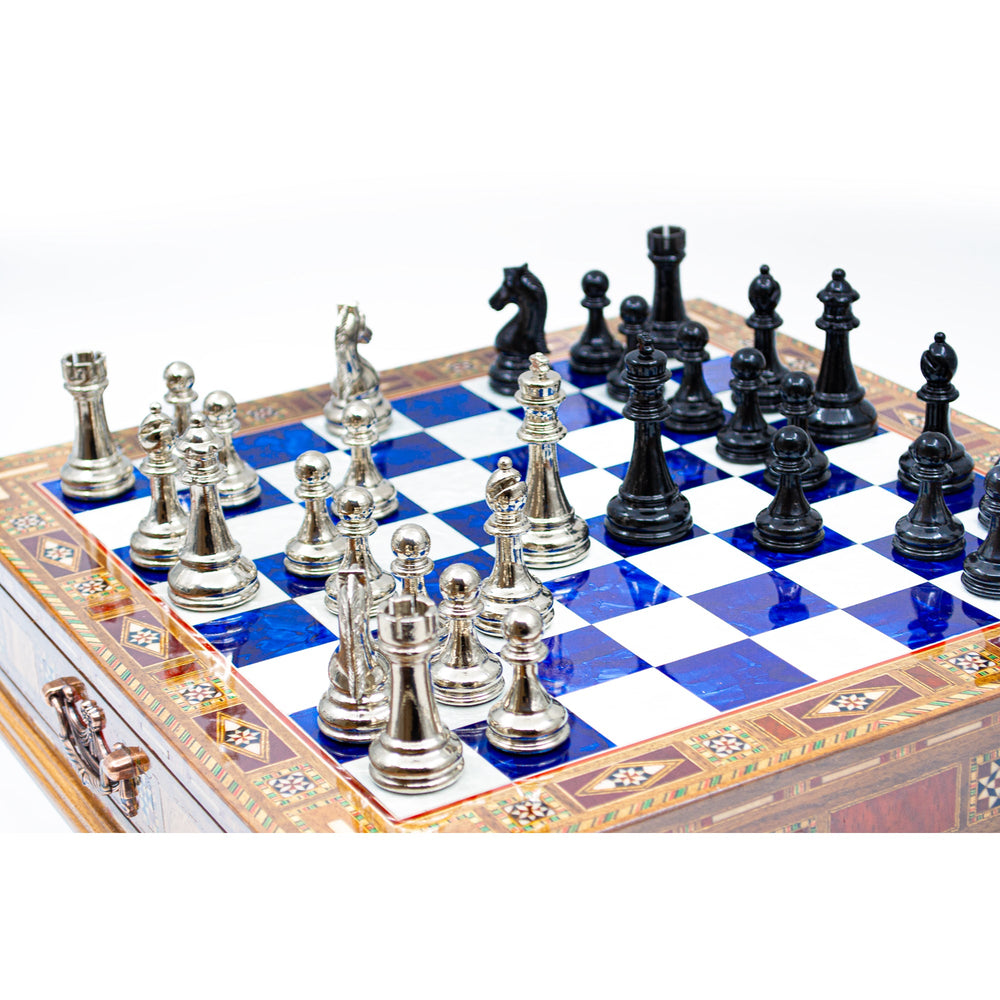
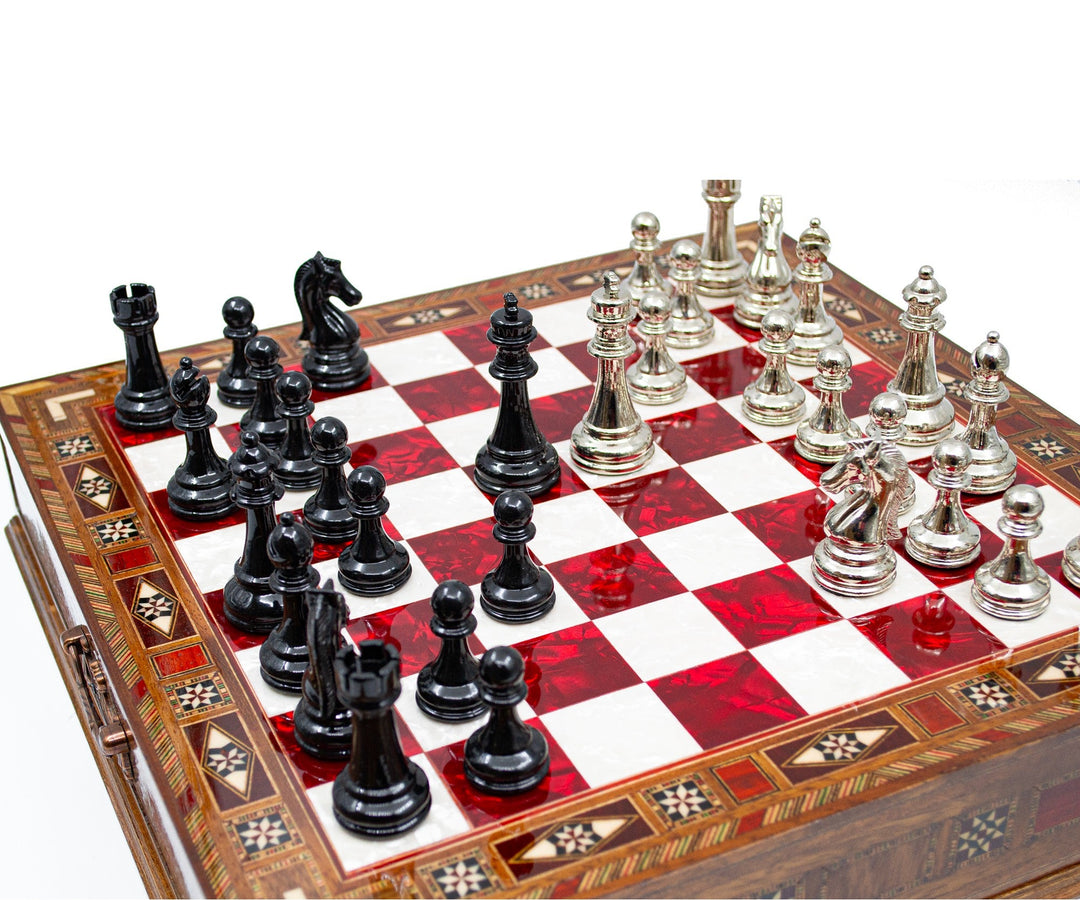
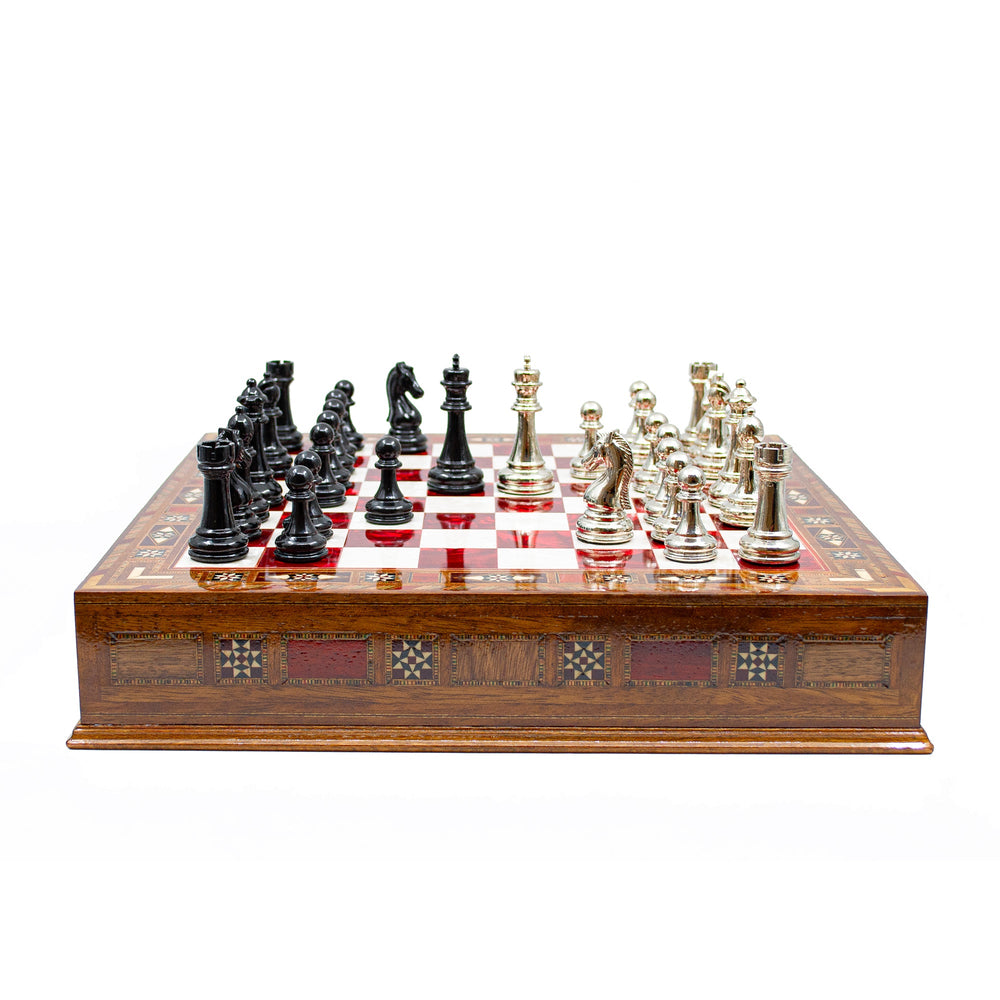
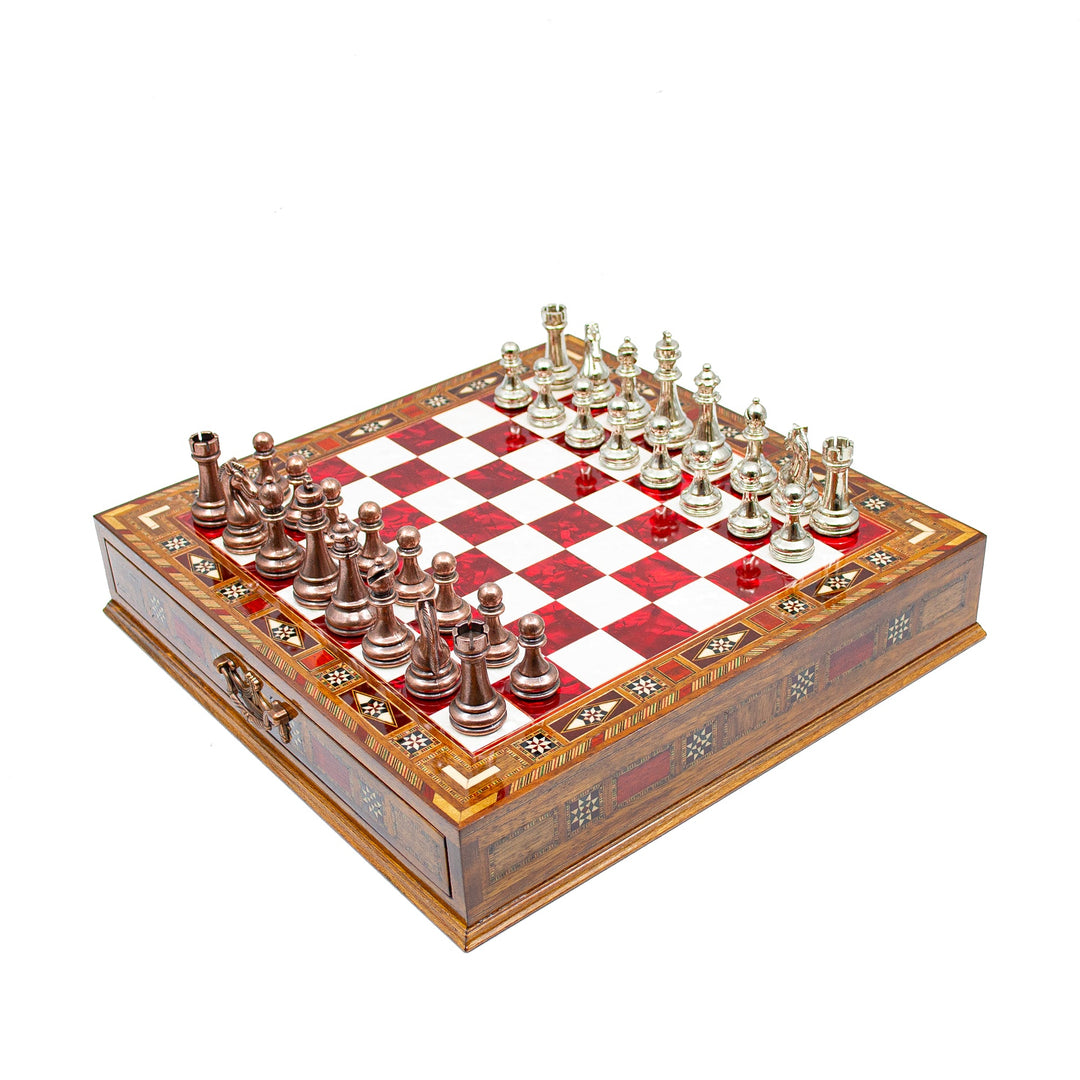
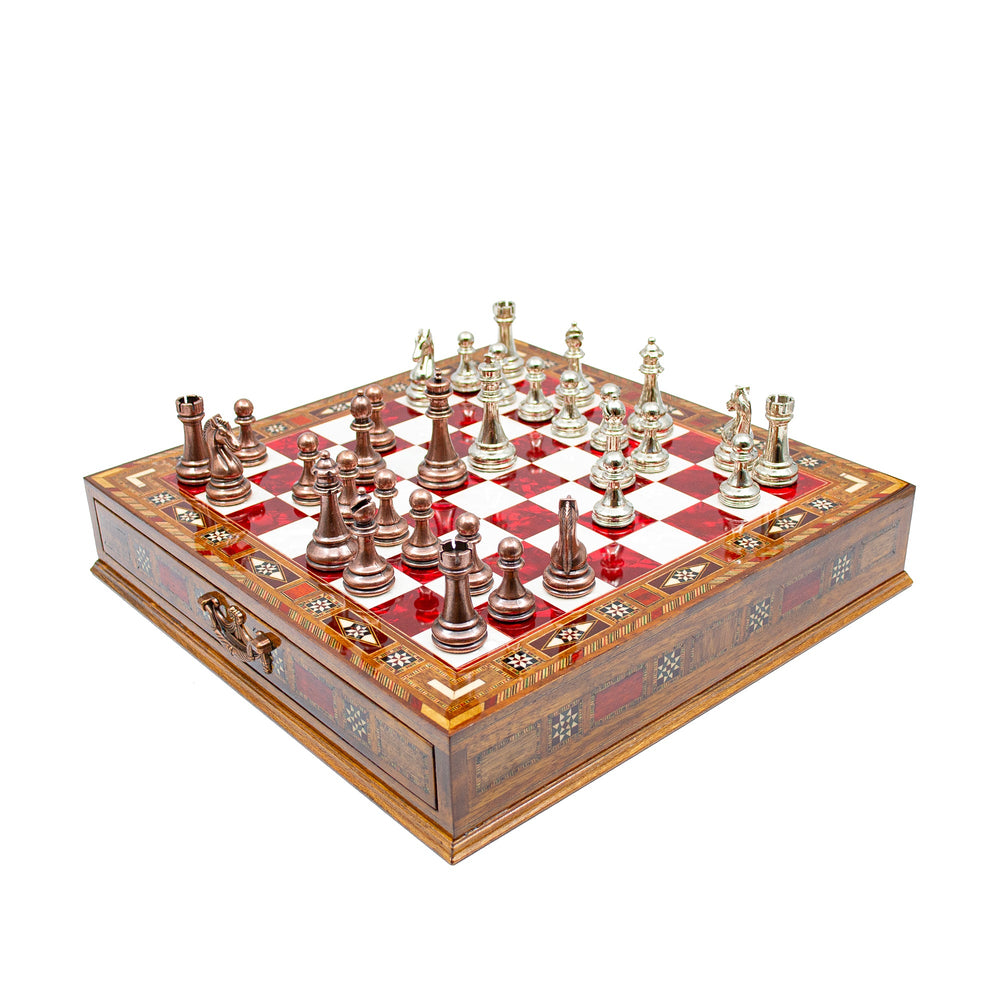
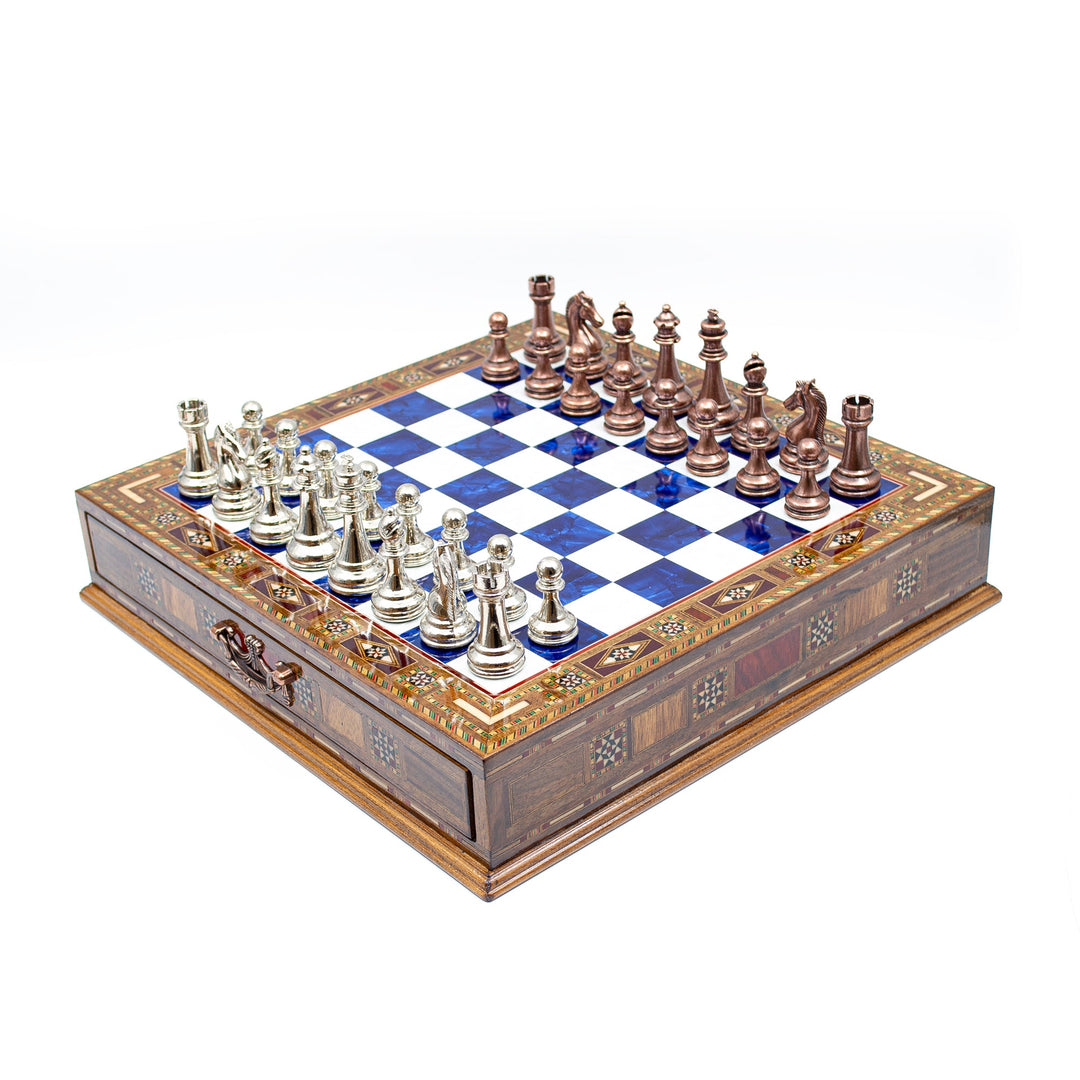
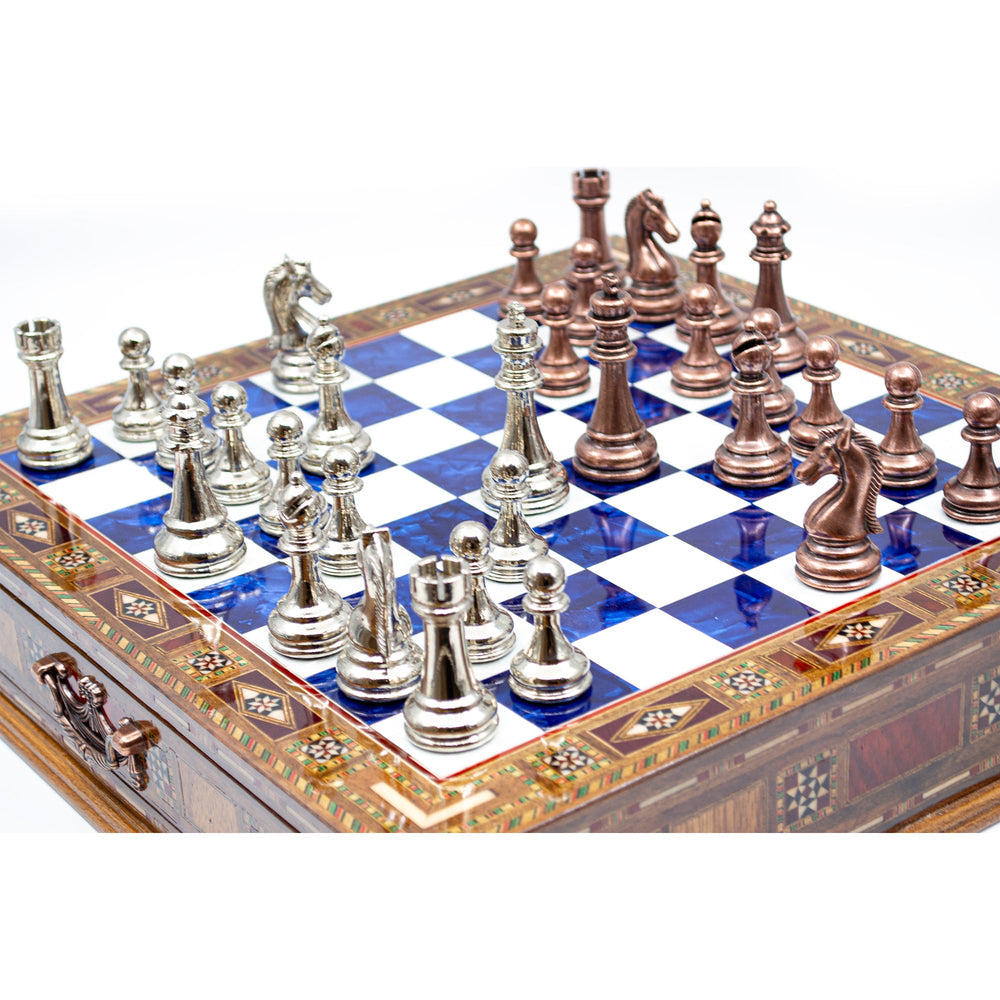
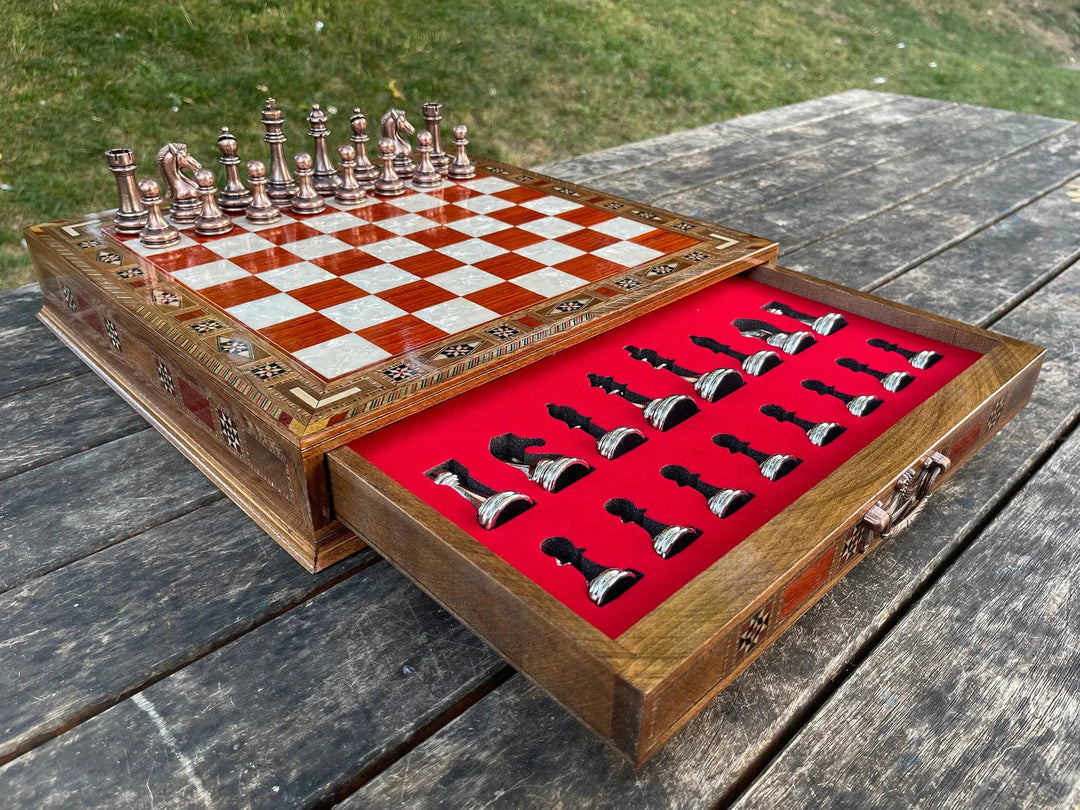
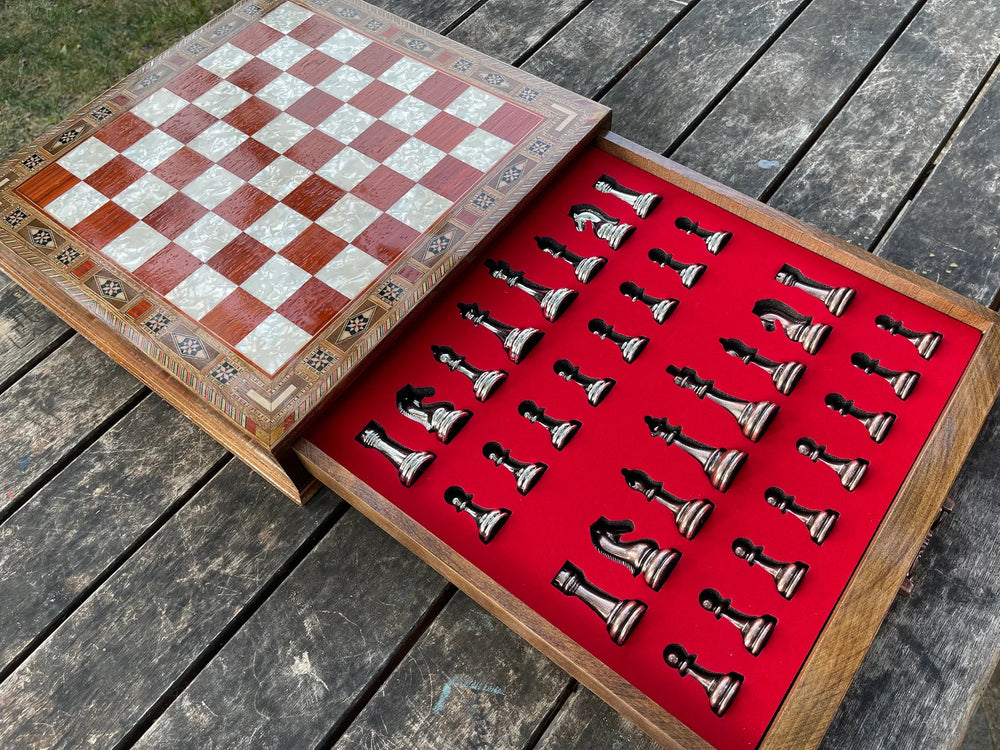
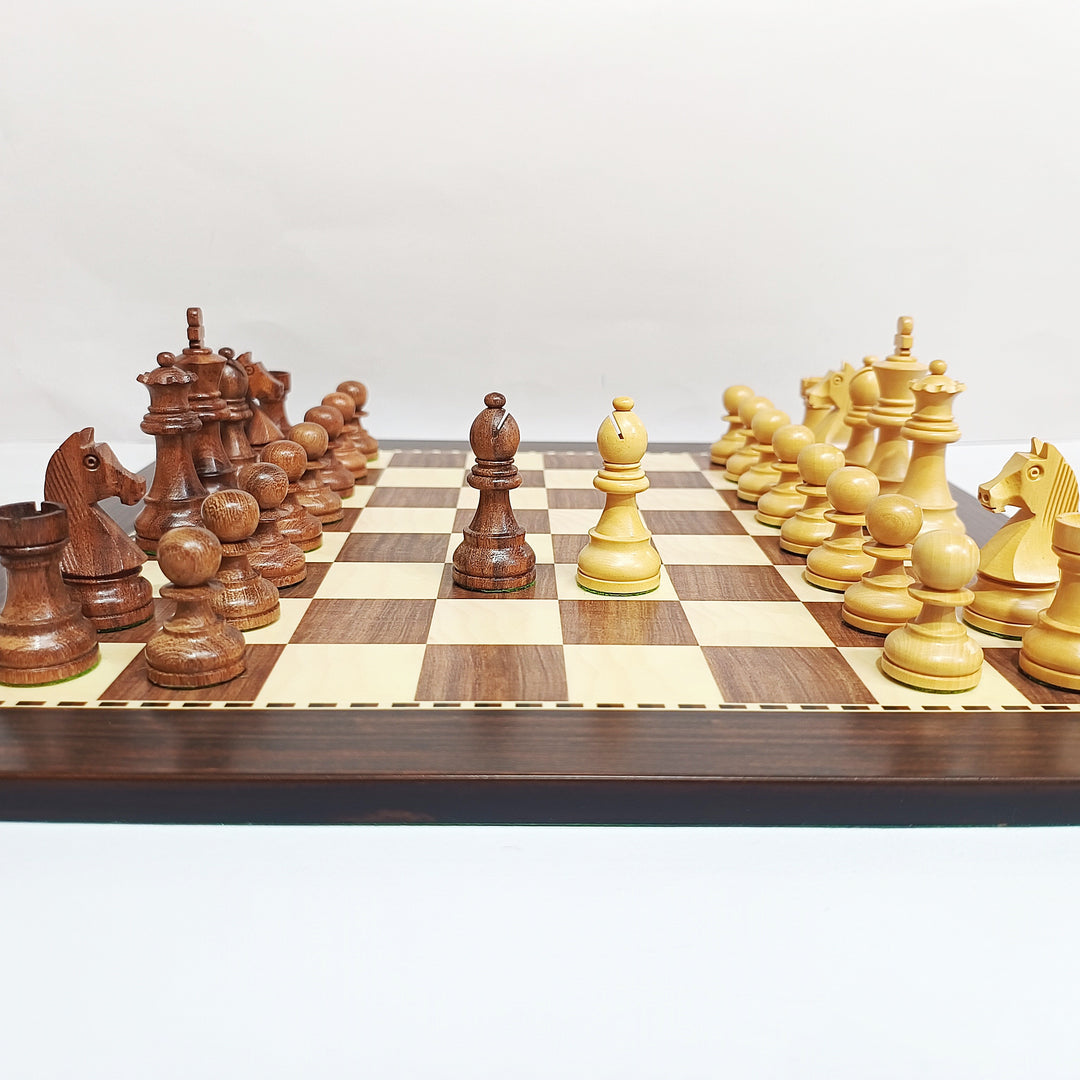
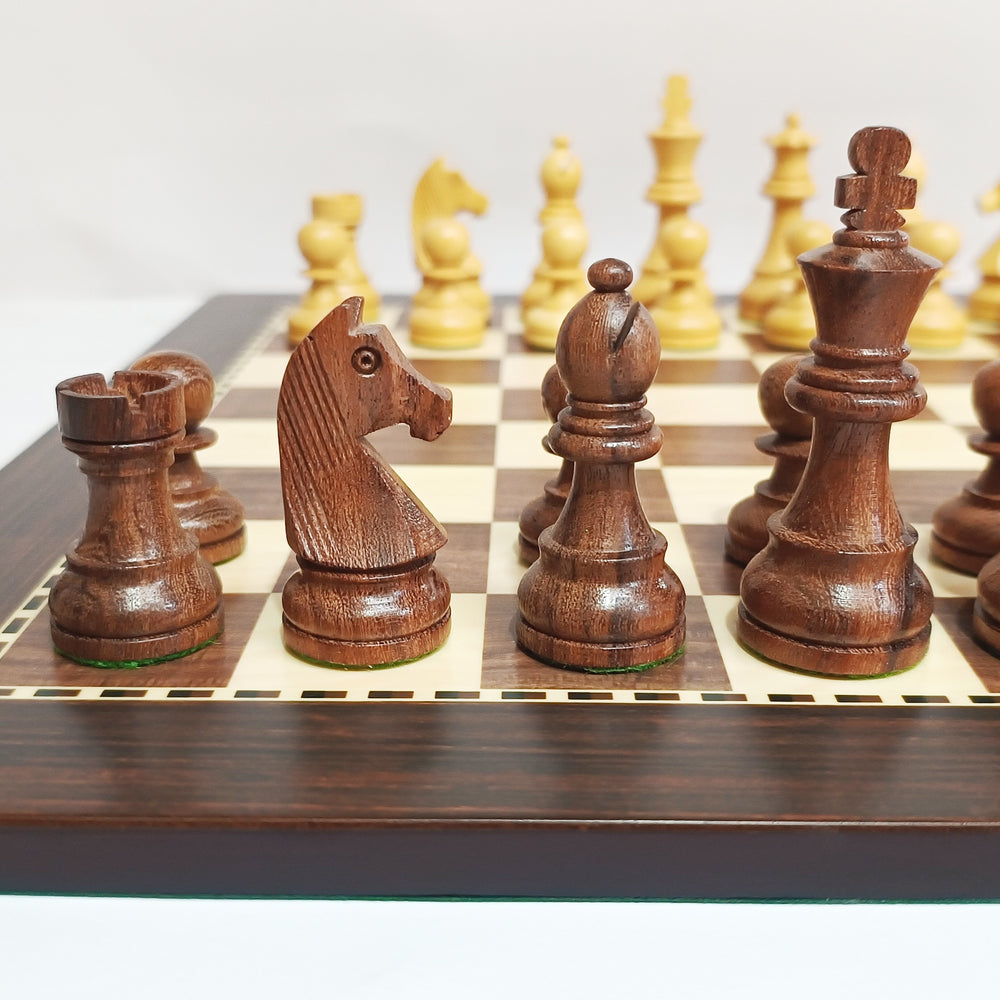
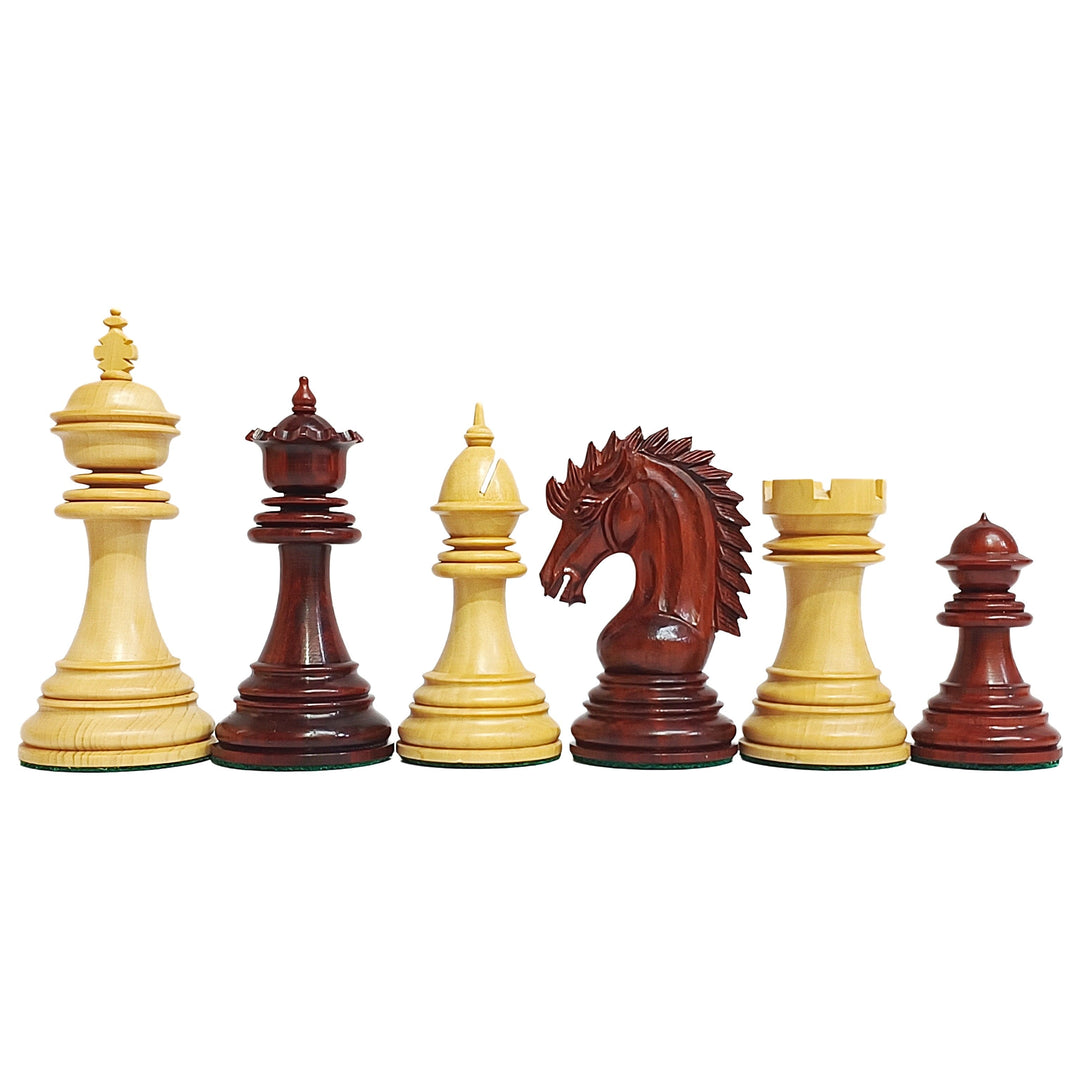
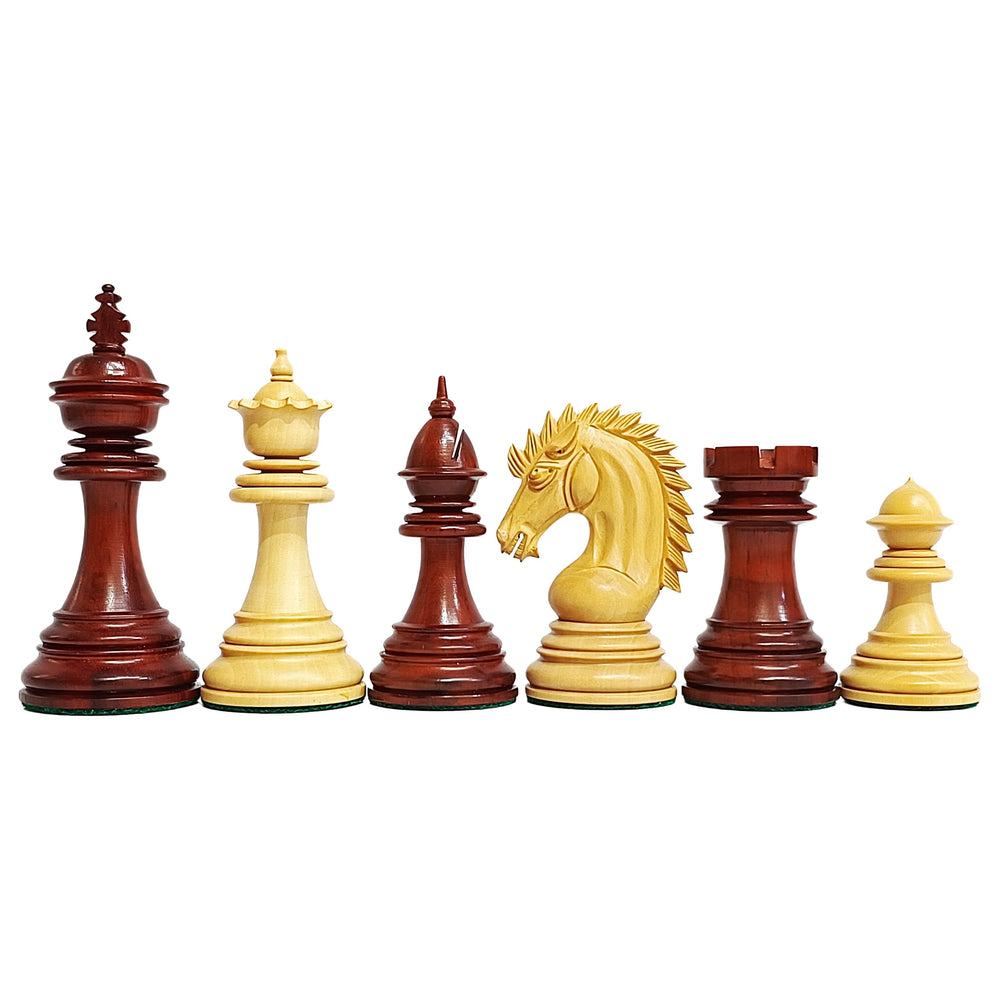




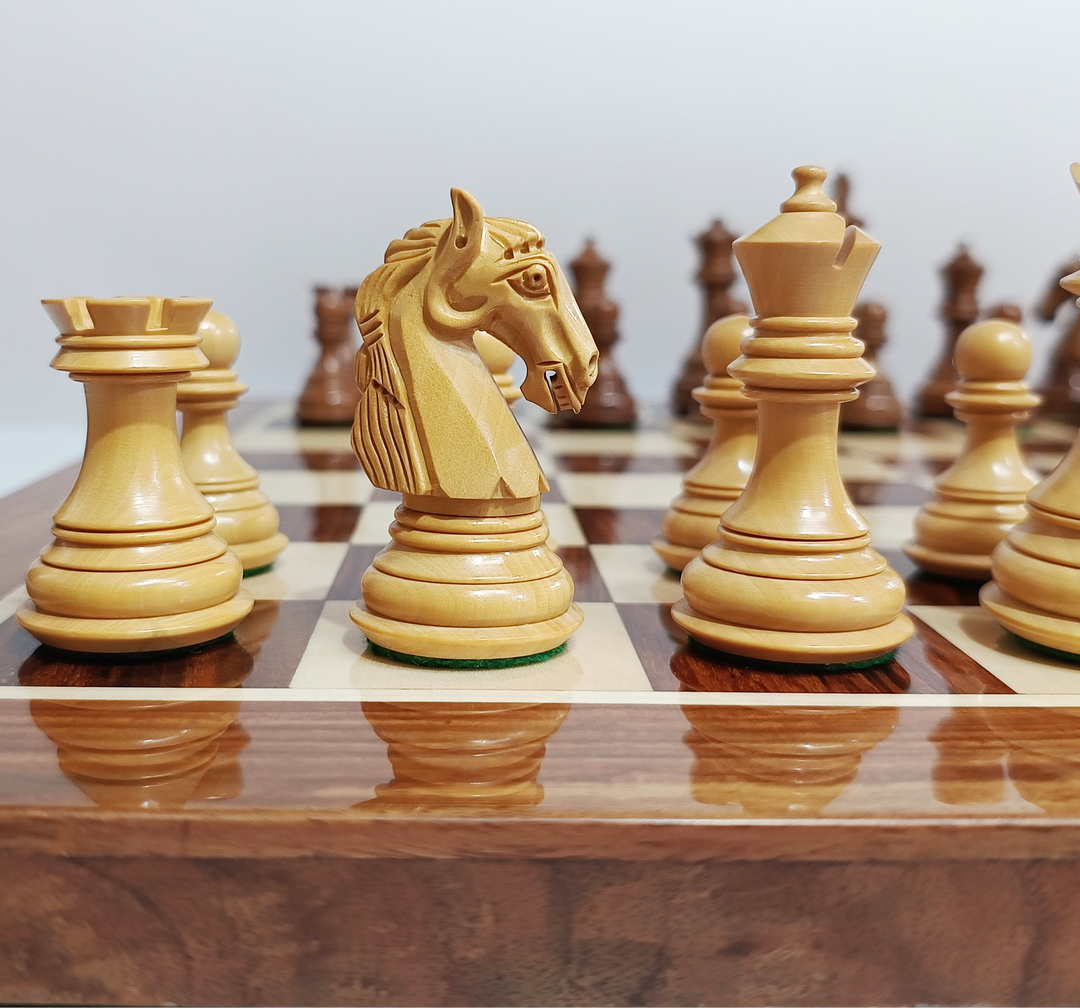
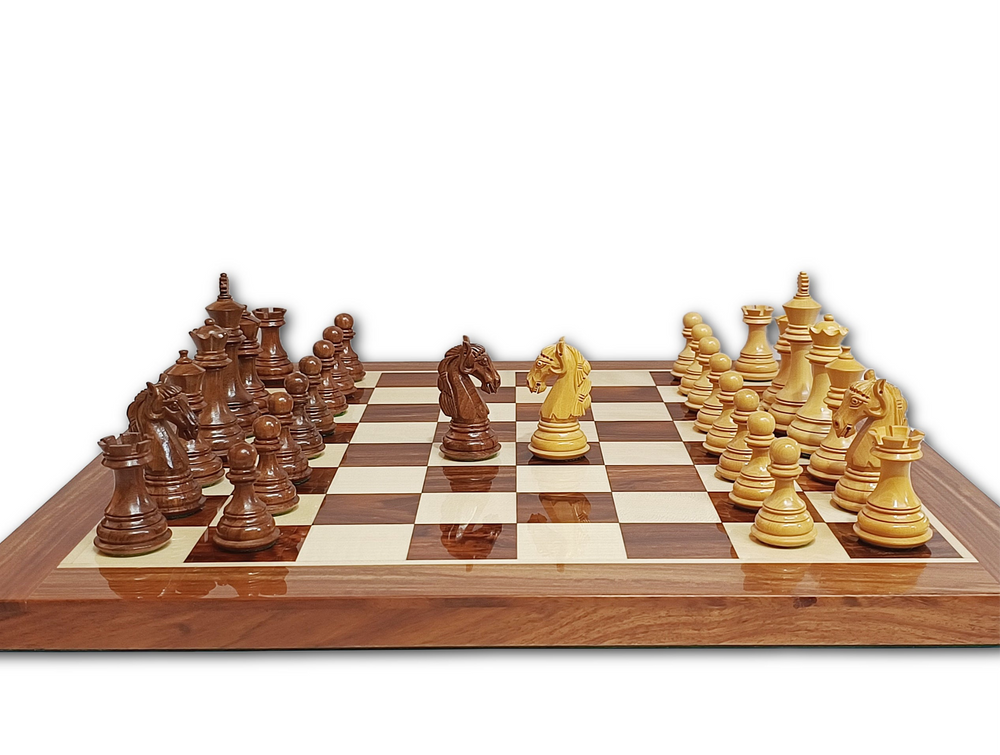
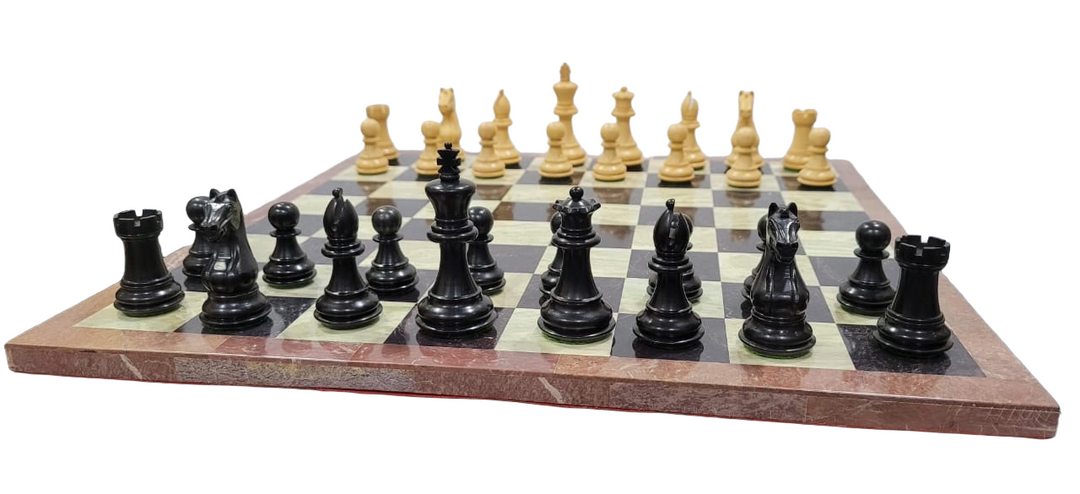
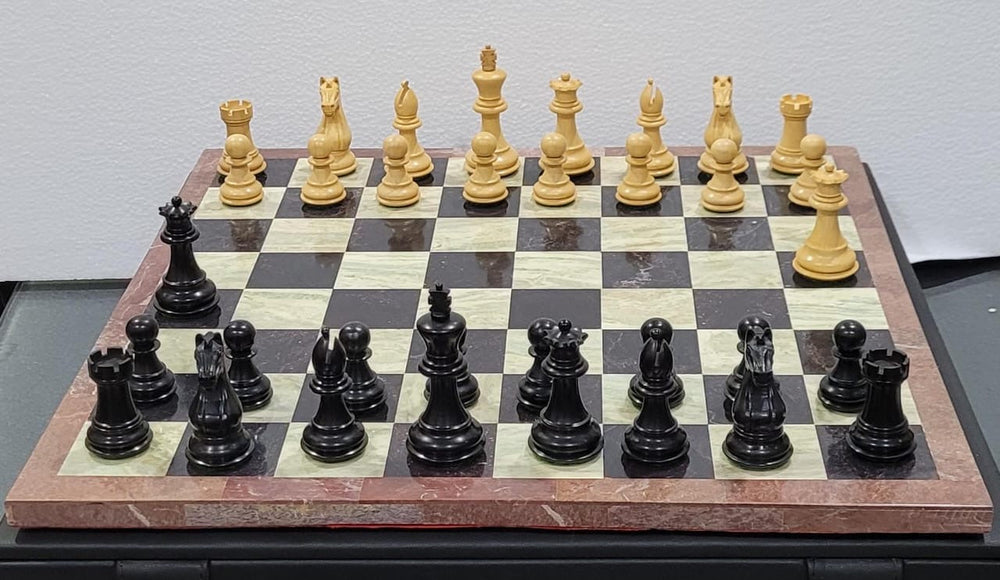
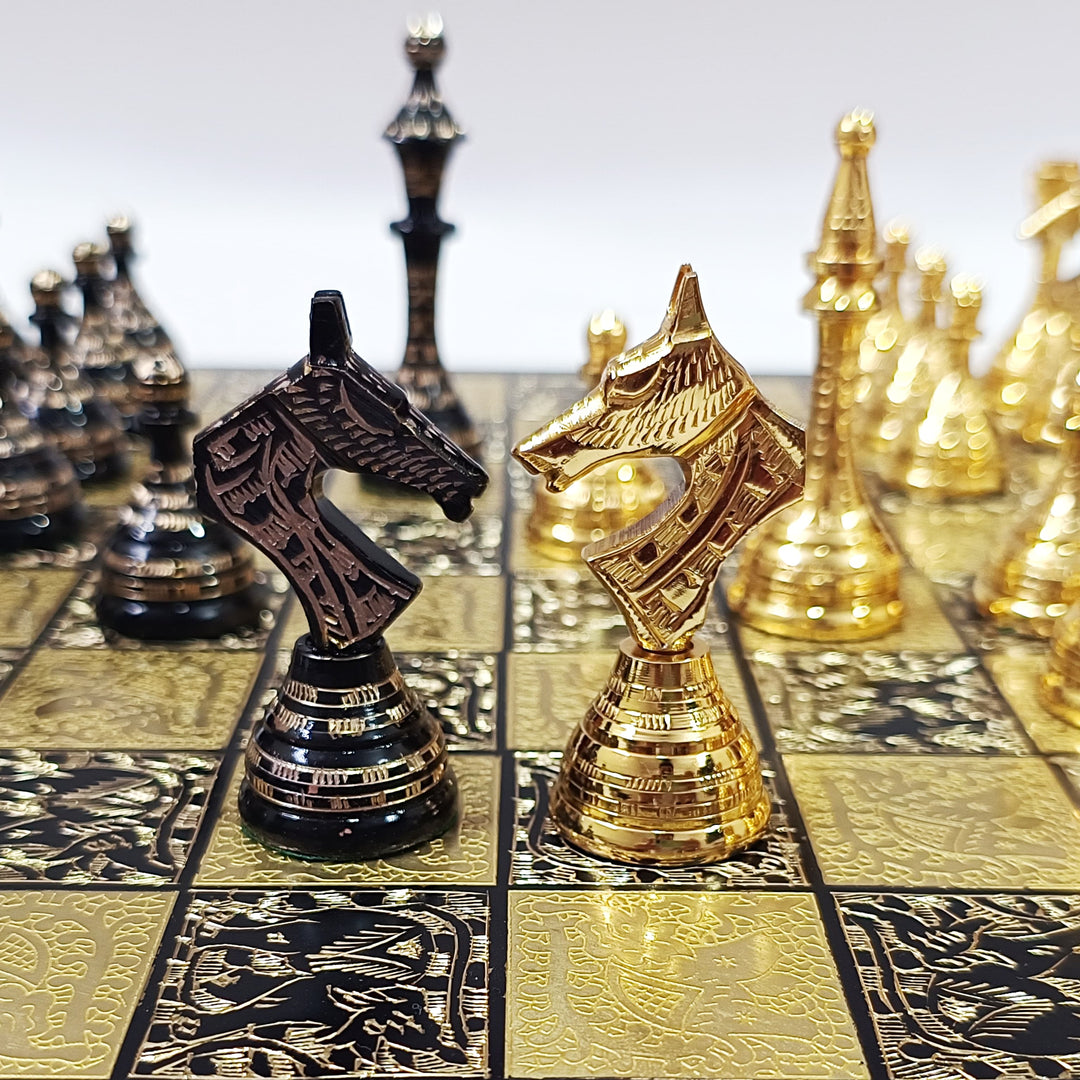
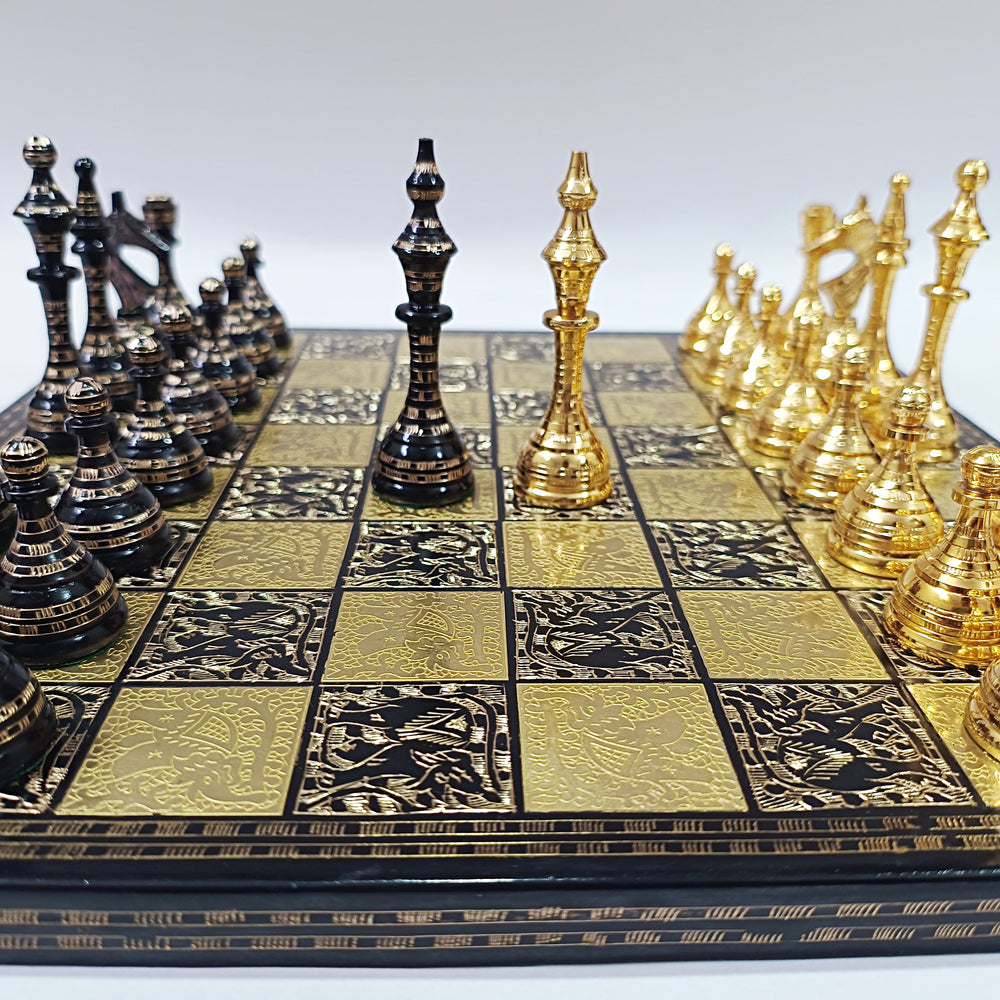


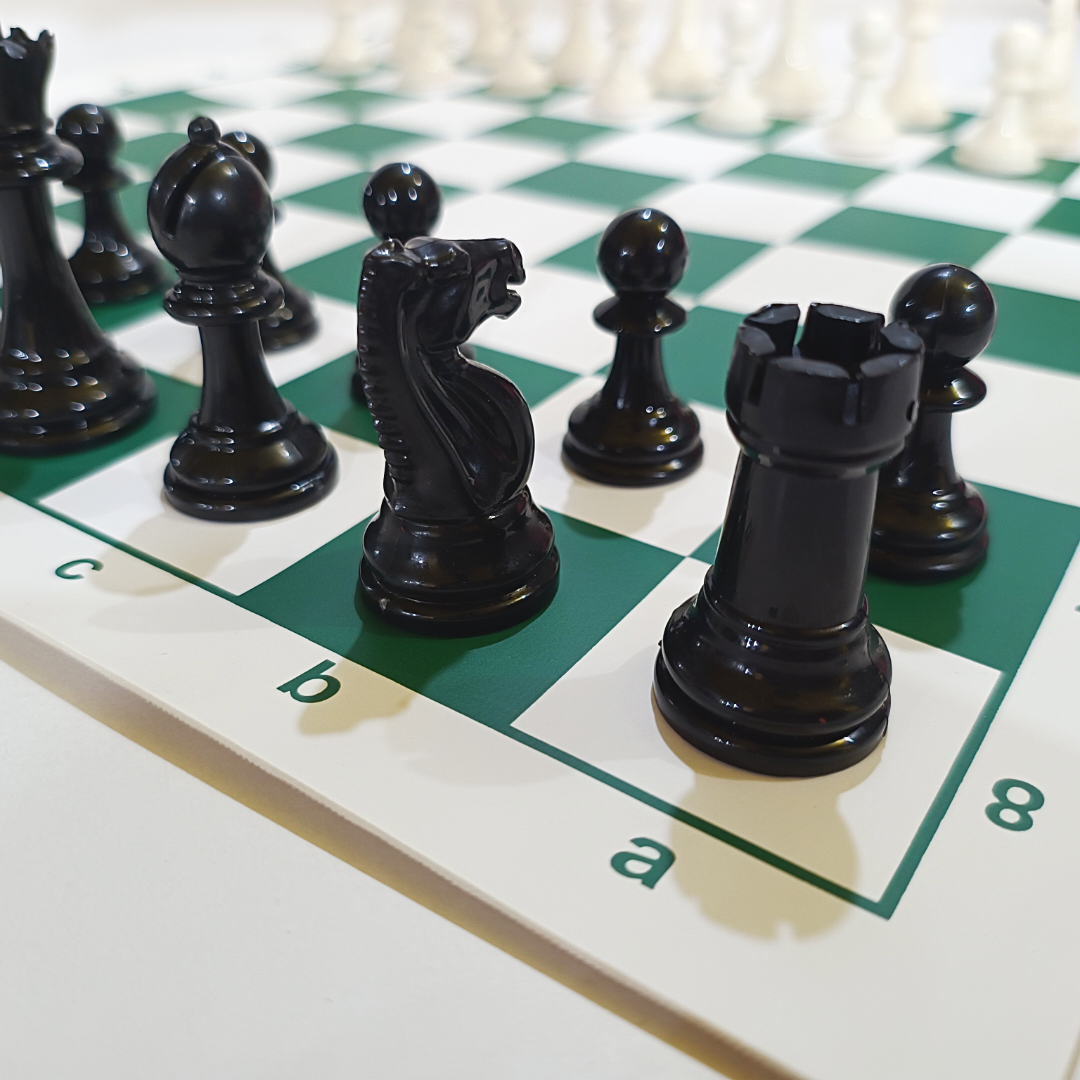
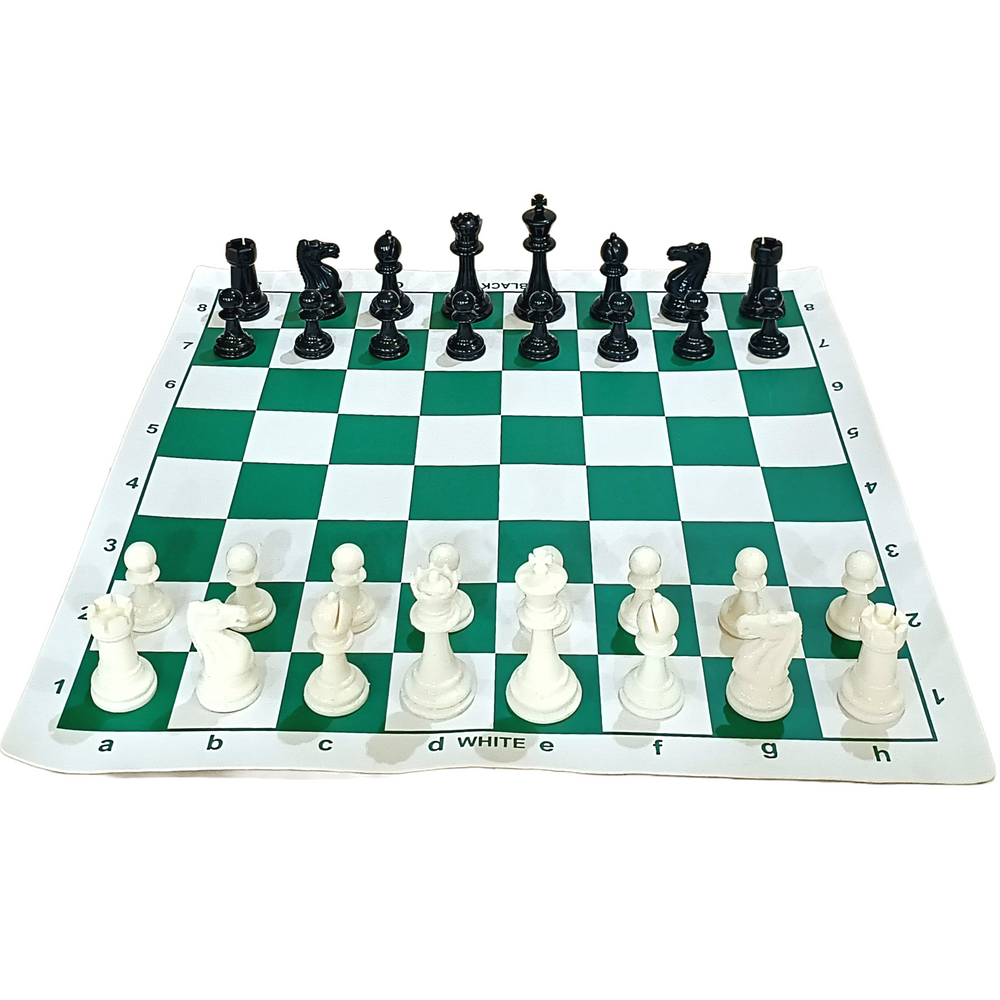




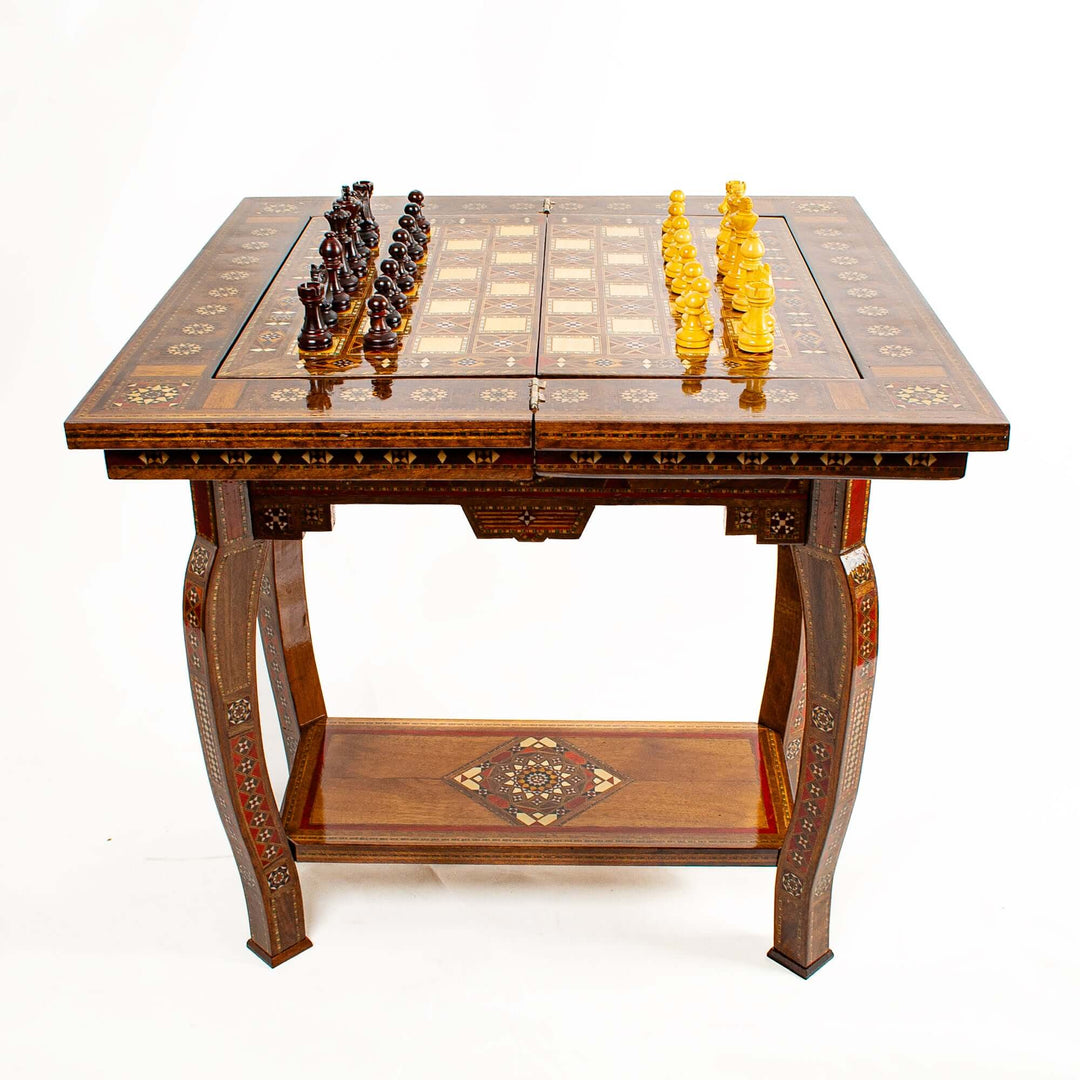

Leave a comment